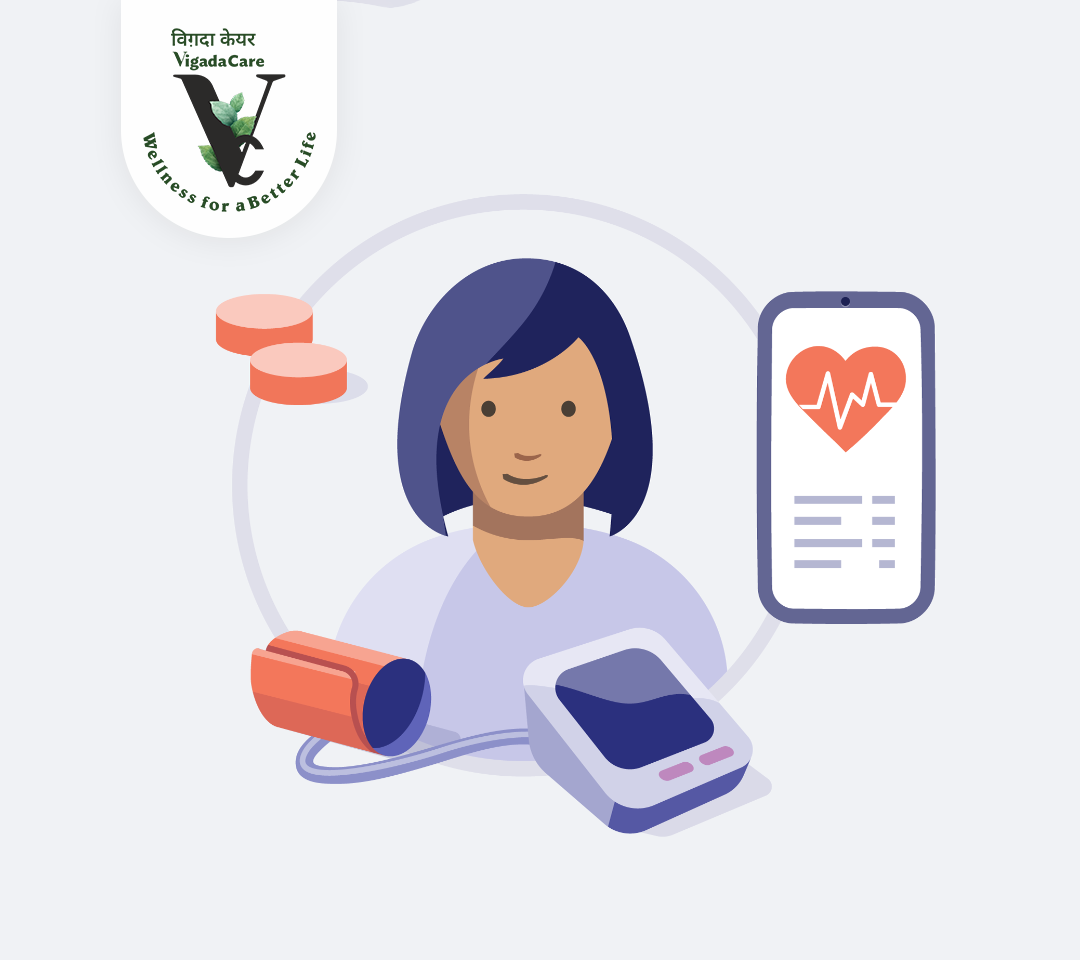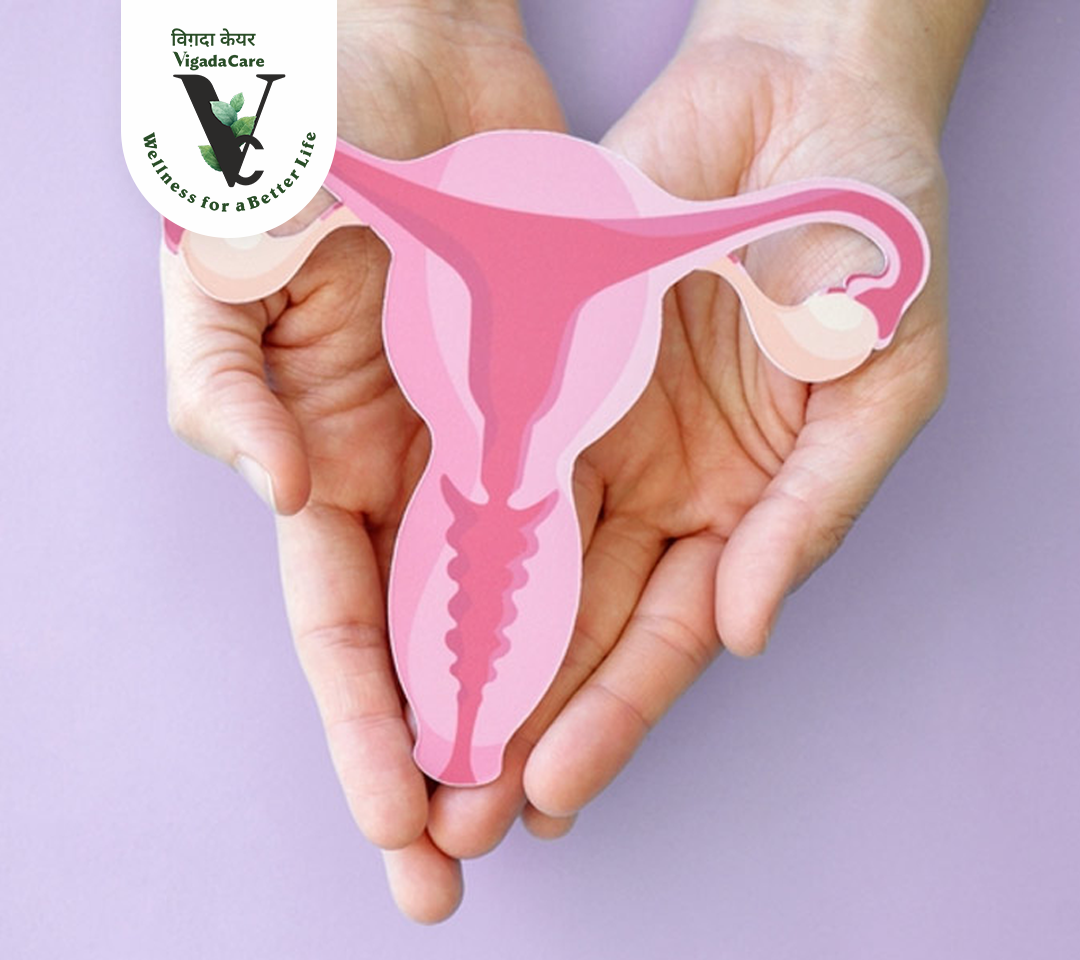
A Comprehensive Examination of PCOD's Emotional Journey
A Comprehensive Examination of PCOD's Emotional Journey
PCOD or PCOS has become a widespread problem in both youth and adults. This issue is now freely discussed in numerous communities, where women communicate and share their experiences with PCOD after marriage, as well as the symptoms and challenges they encounter along the way.
In this article, we will learn everything about PCOD, including its diagnosis, causes, consequences, and symptoms.
The goal is not only to educate you on PCOD, but also to assist you in taking preventive steps and adjusting to a healthier lifestyle.
Let us get started!
What is PCOD?
PCOD, or polycystic ovarian disease, is a female reproductive condition that affects women's ovaries and causes cysts to grow. This disorder is the result of hormonal imbalance, which causes challenges with menstruation, fertility, and other issues. Women with polycystic ovarian disorder may have irregular periods and high amounts of the male hormone androgen. The ovaries may form tiny fluid-filled collections, but they do not consistently release eggs. Using a PCOD diet chart can help manage symptoms and promote hormonal balance. Using a PCOD diet chart can help manage symptoms and promote hormonal balance.
If PCOD is not treated promptly, it can progress to a variety of significant complications, including heart disease and diabetes.
Polycystic Ovarian Disease Diagnosis
PCOD is diagnosed in phases, beginning with clinical symptoms, followed by a physical examination, and specified criteria. Let's look at polycystic ovarian disease diagnosis one by one.
• Physical Examination
At Vigada Care, we undertake a complete physical examination to determine the signs and symptoms of PCOD. This may involve looking for extra hair growth, acne, and insulin resistance symptoms such as dark patches on the skin.
• Medical History
It is imperative that medical history be obtained for each individual. Changes in weight, menstrual cycles, symptoms such as irregular periods, acne, and other pertinent information may be questioned by the healthcare provider. It is also necessary to take into account any family history of hormone abnormalities.
• Blood Tests
They are carried out to gauge different hormone levels. Among the tests are the following:
• Hormone Levels
Checking the levels of insulin, testosterone, and hormones like FSH and LH.
• Glucose and Insulin Level
It is imperative that you evaluate insulin resistance, as it is frequently linked to both insulin and glucose levels.
• Pelvic Ultrasound
PCOD is diagnosed by pelvic ultrasonography. It will make the ovaries and the existence of cysts easier for you to see. The ovaries with PCOD may have a characteristic morphology known as polycystic, with tiny, fluid-filled sacs or follicles giving them an inflated appearance.
PCOD Causes
Small fluid-filled sacs inside the ovaries are the sign of PCOD. There is an immature egg inside each of these that will never cause ovulation. An imbalance in hormones results from the lack of ovulation, which causes a strong flow of male hormones. Let's examine a few of the causes:
① Genetic Factors
A scientific investigation has established the presence of a genetic component in PCOS. A woman's likelihood of passing on PCOS to the following generation is comparatively higher if her family has a history of the condition.
② Excess Production of Insulin
The pancreas produces insulin, which aids in converting food into glucose. Insulin resistance is prevalent in people with PCOD. This brings to a close the discussion of how ineffective insulin response in body cells results in elevated blood insulin levels.
Insulin resistance is offset by an increase in insulin production by the body. The increased production of male hormones by the ovaries in response to rising insulin levels may exacerbate the hormonal abnormalities associated with PCOD.
③ Lifestyle
Unhealthy eating practices, malnutrition, and metabolic imbalance brought on by physical exercise are the main causes of PCOD. Additionally, this may result in insulin resistance and weight gain, both of which are linked to PCOD.
④ Stress and Depression
Depression and stress have an impact on your physical and emotional well-being. Persistent stress may have an impact on the pituitary glands' ability to operate, which is important for controlling the menstrual cycle.
Additionally, it will have an impact on the LH and FSH balance, which is necessary for healthy ovarian function.
⑤ Low Grade Inflammation
Women with PCOD typically have low-grade irritation. The normal development of eggs within the ovaries may be disrupted and ovarian function affected by the inflammation. This will exacerbate the development of ovarian cysts and the irregular menstruation patterns associated with PCOD.
PCOD Symptoms
There are several signs of PCOD issues in women. Let's examine a few signs of PCOD:
‣ Irregular Periods
Period irregularities are one of the signs of PCOD. Infrequent periods, protracted intervals between periods, or erratic bleeding are possible symptoms for women with polycystic ovarian disorder.
‣ Weight Gain
Insulin resistance, or cells that do not respond to insulin as well, is a common condition in PCOS patients. Insulin levels are raised as a result, which increases fat storage, especially in the area around the abdomen.
Weight gain, particularly in the abdomen region, is a result of reproductive hormone imbalances, such as elevated amounts of male hormones.
‣ Headache
Hormonal imbalance or changes in progesterone or estrogen are one of the issues associated with PCOD and can be a contributing factor to headaches in certain PCOS patients. Because persistent stress can cause headaches in certain people, it is important to address this issue.
‣ Increase in Blood Pressure
Insulin resistance, in which body cells fail to respond to insulin as intended, is a common condition in women with polycystic ovarian disease. Blood pressure may rise as a result of this resistance.
An higher risk of conditions like high blood pressure, excessive blood sugar, and abnormal cholesterol levels is linked to high PCOS.
‣ Excessive Hair Growth
A hormonal imbalance is characterized by high amounts of masculine hormones like testosterone. This results in hirsutism, which is typified by an overabundance of body hair in places where males normally grow hair. Furthermore, testosterone increases hair follicles in PCOS patients, resulting in thicker and more abundant facial, chest, and back hair development.
Complications due to PCOD
Every woman dealing with PCOD/PCOS is aware of the potential health risks associated with elevated testosterone levels. Throughout the trip, there are several issues that crop up and demand medical care.
Ⓐ Premature Birth
Pregnant women with polycystic ovarian disorder are typically more vulnerable to pregnancy problems, which might include an increased risk of preterm birth. Hormonal abnormalities, inflammation, and insulin resistance are examples of contributing variables.
Ⓑ Infertility
Ovulation irregularities are one of the main problems with PCOD, as constant egg release is necessary for fertilization, which makes conception more challenging. Reproductive hormone abnormalities also cause the male hormone to rise and interfere with the ovaries' ability to produce eggs or regulate the menstrual cycle.
Ⓒ Miscarriage
PCOD has been associated with a higher rate of miscarriages when compared to other cases. Hormonal imbalance, insulin resistance, and other metabolic problems are among the potential causes.
Early and thorough parental care, where you monitor and handle any issues that may increase the chance of miscarriage, is one preventative strategy that may be done.
Ⓓ Depression
Hormone imbalances may also have an impact on neurotransmitters in the brain, which may be linked to mood disorders like depression. The chronic nature of polycystic ovarian disease and its accompanying symptoms, like irregular menstruation and acne, can eventually cause emotional discomfort and have a detrimental effect on mental health.
Ⓔ Abnormal Uterine Bleeding
Unusual uterine bleeding can be caused by irregular ovulation in PCOD patients. Menstrual bleeding or irregular periods could arise from this, which could make it harder for those who have polycystic ovarian disorder to become pregnant. Endometrial lining alterations in PCOS patients can result from ovulatory failure. The endometrium may thicken if frequent shedding occurs during a menstrual cycle, which could raise the possibility of irregular bleeding.
PCOD Treatment Options
Polycystic ovarian disease (PCOD) can be treated in a number of ways, but it's important to remember that they are only band-aid solutions that can help you manage your PCOD symptoms temporarily.
Modifications in lifestyle to address polycystic ovary syndrome
① Healthy Diet
Nutrition and diet planning are essential for PCOD. A few items, including sugar and greasy or fatty foods, should be completely removed from your diet. Incorporate as much protein, whole grains, fruits, and veggies as possible.Your cholesterol will drop as a result, and it will also prevent you from leading a sedentary lifestyle.
② Skin Treatment
Acne and excessive facial or body hair are common skin problems experienced by women with PCOS. Using a skin care regimen and consulting a dermatologist can help one get rid of it quickly. Furthermore, depending on a person's skin sensitivity, excessive hair treatment may be deemed suitable.
③ Hormonal Treatment
Oral medications are frequently used to treat hormone imbalances, control the menstrual cycle, and relieve symptoms like acne. Postmenopausal women with PCOS are advised to undergo hormone replacement therapy.
④ Infertility
PCOD and fertility can be achieved in two ways: first, by subscribing to medications like clomiphene citrate, and second, by utilizing any ART technology like IUI or IVF. Additionally, you'll be expected to keep a healthy lifestyle, as regular exercise has an impact on fertility in PCOS patients.
Conclusion
Managing PCOD can be challenging, but with the right approach, it’s possible to find relief and restore balance. RiDVi Pcysto Well Ayurvedic medicine offers a natural, effective solution for alleviating the symptoms of PCOD, promoting hormonal balance, and supporting overall reproductive health. Unlike conventional treatments, this Ayurvedic remedy works with your body’s natural processes, ensuring long-term wellness without side effects. By integrating RiDVi Pcysto Well into your daily routine, you’re taking a step towards a healthier, more balanced life.
Remember, combining this Ayurvedic treatment with a healthy lifestyle, balanced diet, and regular physical activity can further enhance the benefits and help you manage PCOD holistically.
Recent Blogs

Understanding the Three Doshas of Ayurveda
Understanding the Three Doshas of Ayurveda Ayurveda ... Read More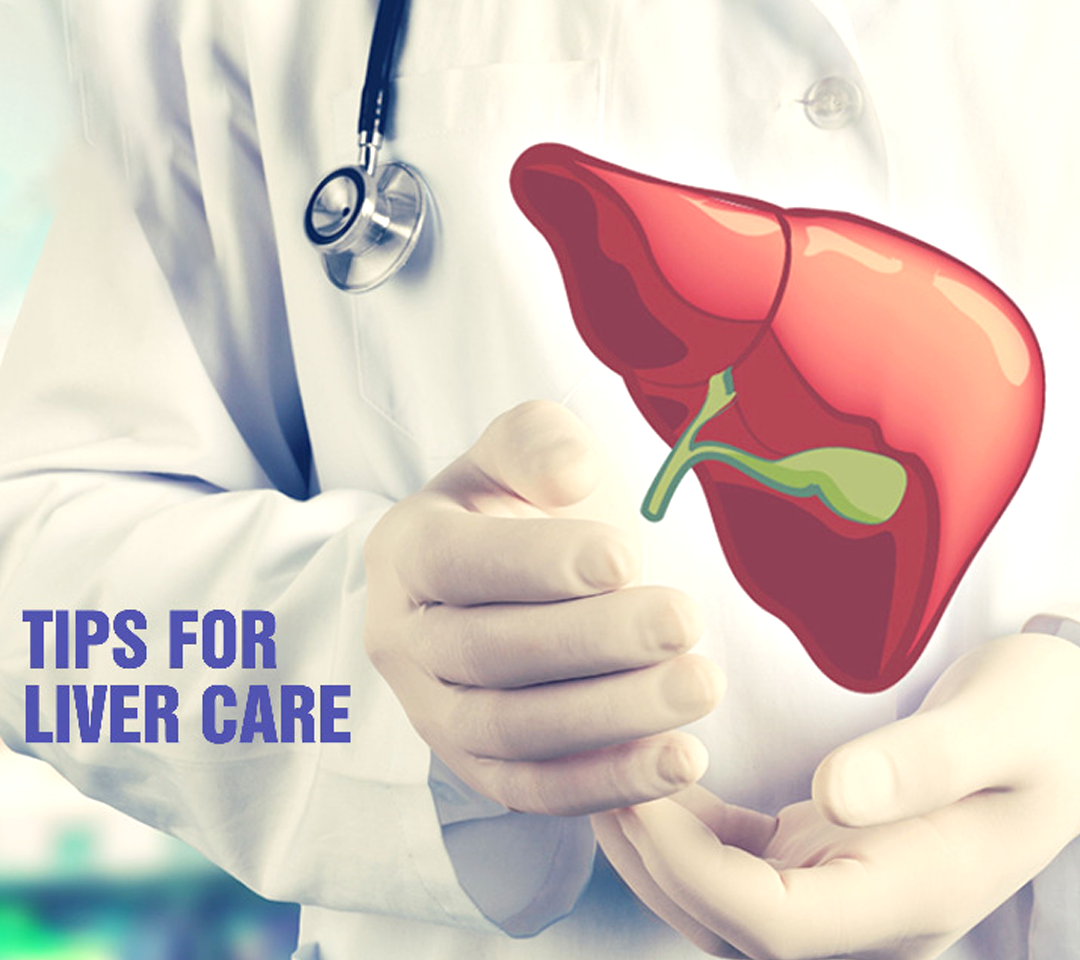
The Importance of Liver Health: Tips for a Healthy Liver
The Importance of Liver Health: Tips for a Healthy Liver, Th... Read More
How Do I Cure Asthma Naturally?
How Do I Cure Asthma Naturally, Avoiding triggers such ... Read More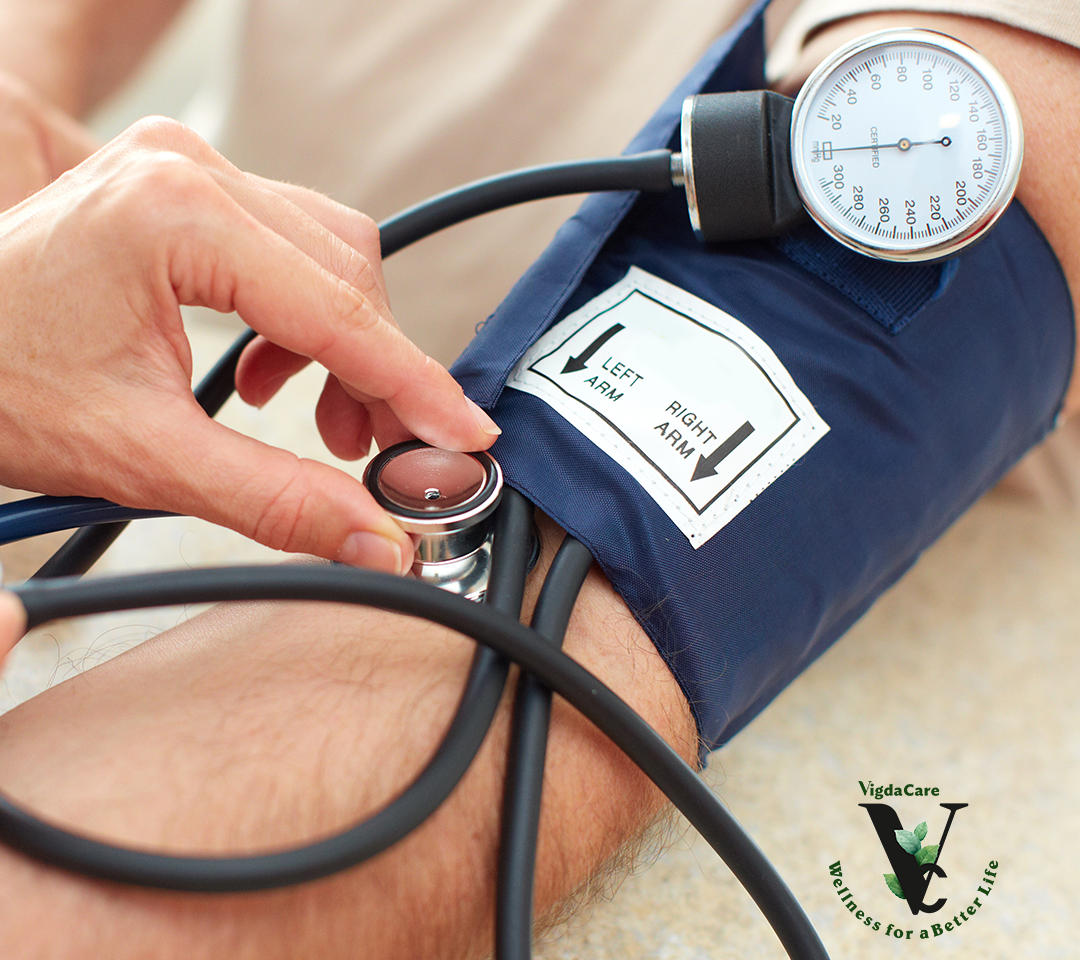
How Do I Control Blood Pressure?
How Do I Control Blood Pressure, High blood pressure, also k... Read More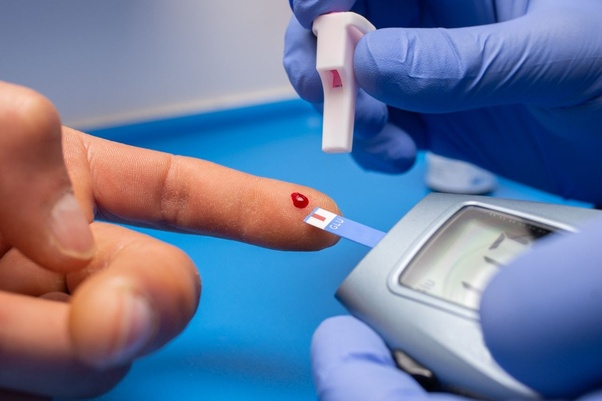
Is Ayurvedic Medicine For Diabetes Safe?
Is Ayurvedic Medicine For Diabetes Safe, Ayurvedic medi... Read More
Which Is The Best Ayurvedic Cough Syrup?
Which Is The Best Ayurvedic Cough Syrup, There are sev... Read More
How Do I Boost Immunity With Natural Medication?
How Do I Boost Immunity With Natural Medication, There are s... Read More
What can I do to cure my PCOD/PCOS without medicine?
What can I do to cure my PCOD/PCOS without medicine, Po... Read More
Can Healthy Eating Prevent Cancer?
Can Healthy Eating Prevent Cancer Cancer is a complex d... Read More
How do we increase the immunity of our body?
How do we increase the immunity of our body, The human ... Read More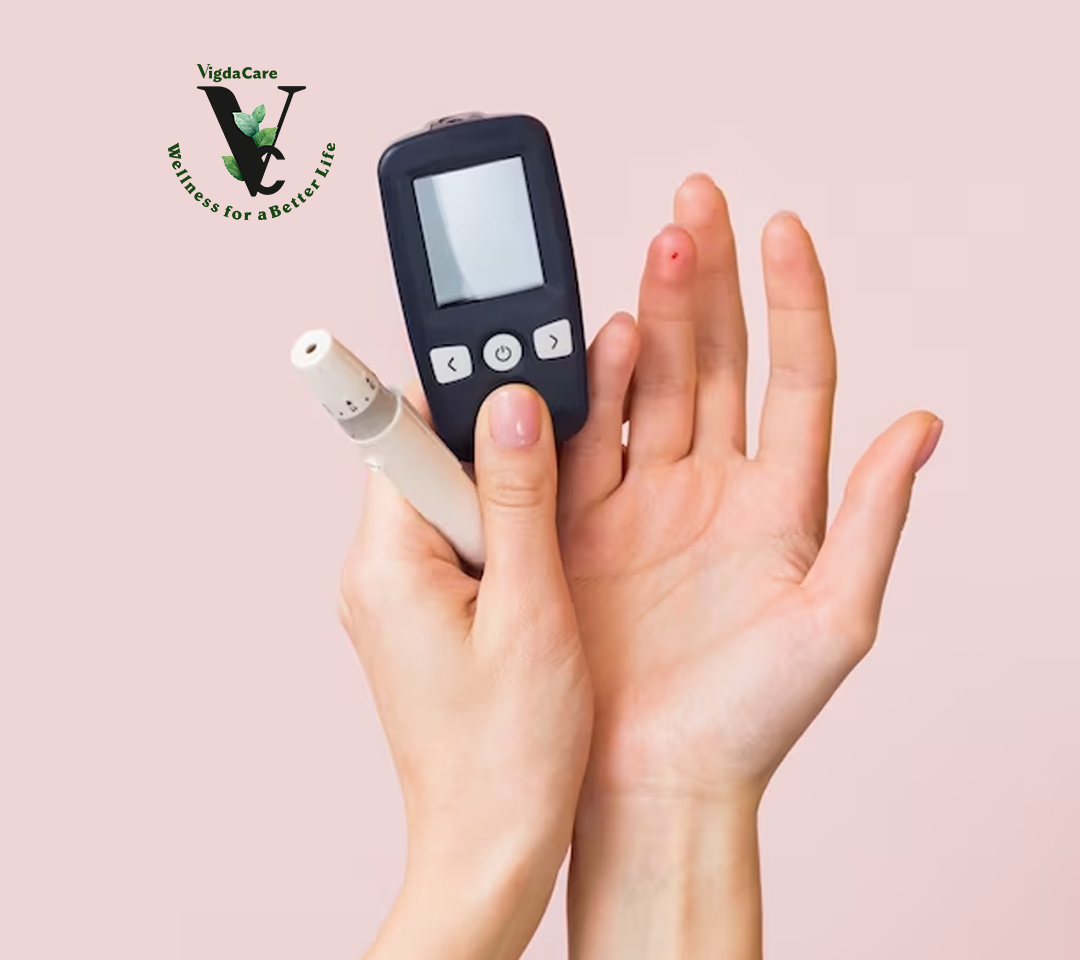
How do I reverse diabetes naturally in 30 days?
How do I reverse diabetes naturally in 30 days, Diabete... Read More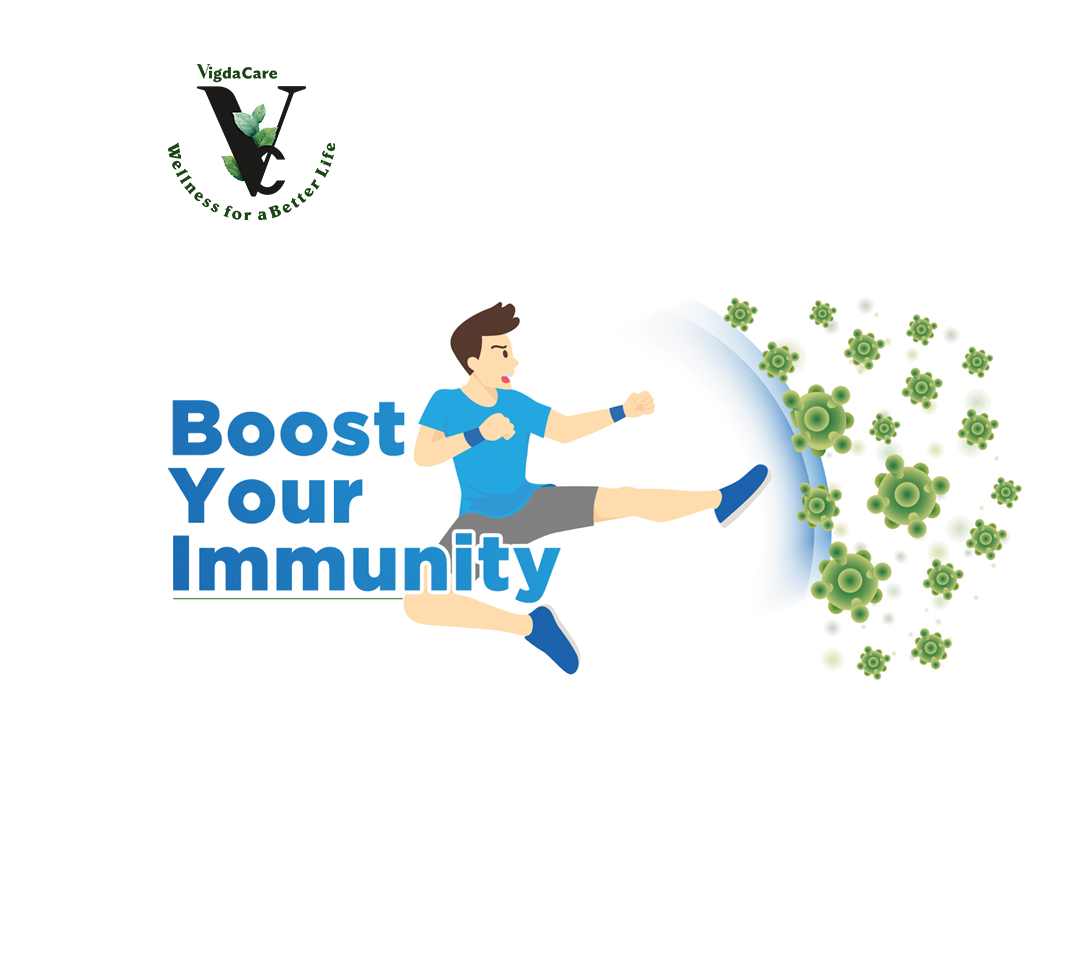
Are the immunity booster tablets safe?
Are the immunity booster tablets safe, Immunity booster... Read More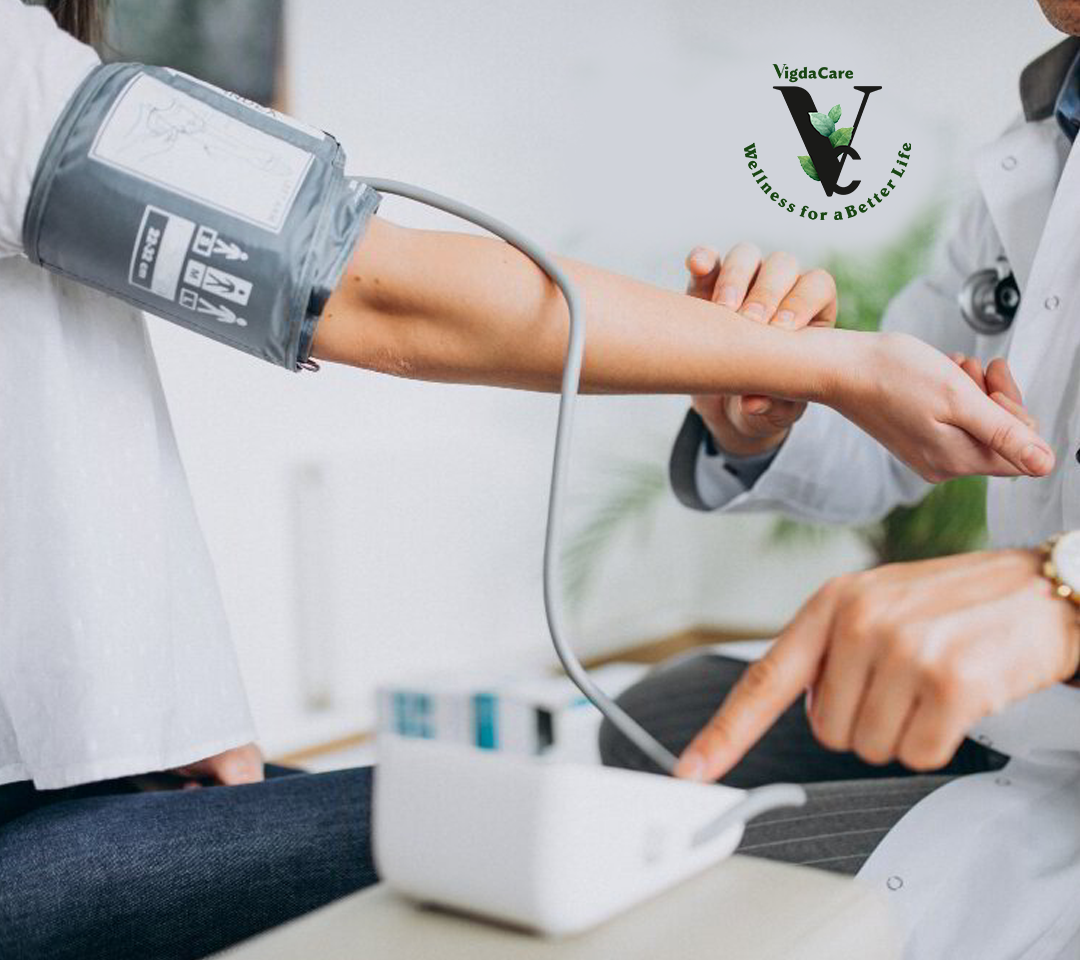
What Are Some Remedies For High BP?
What Are Some Remedies For High BP, High blood pressure... Read More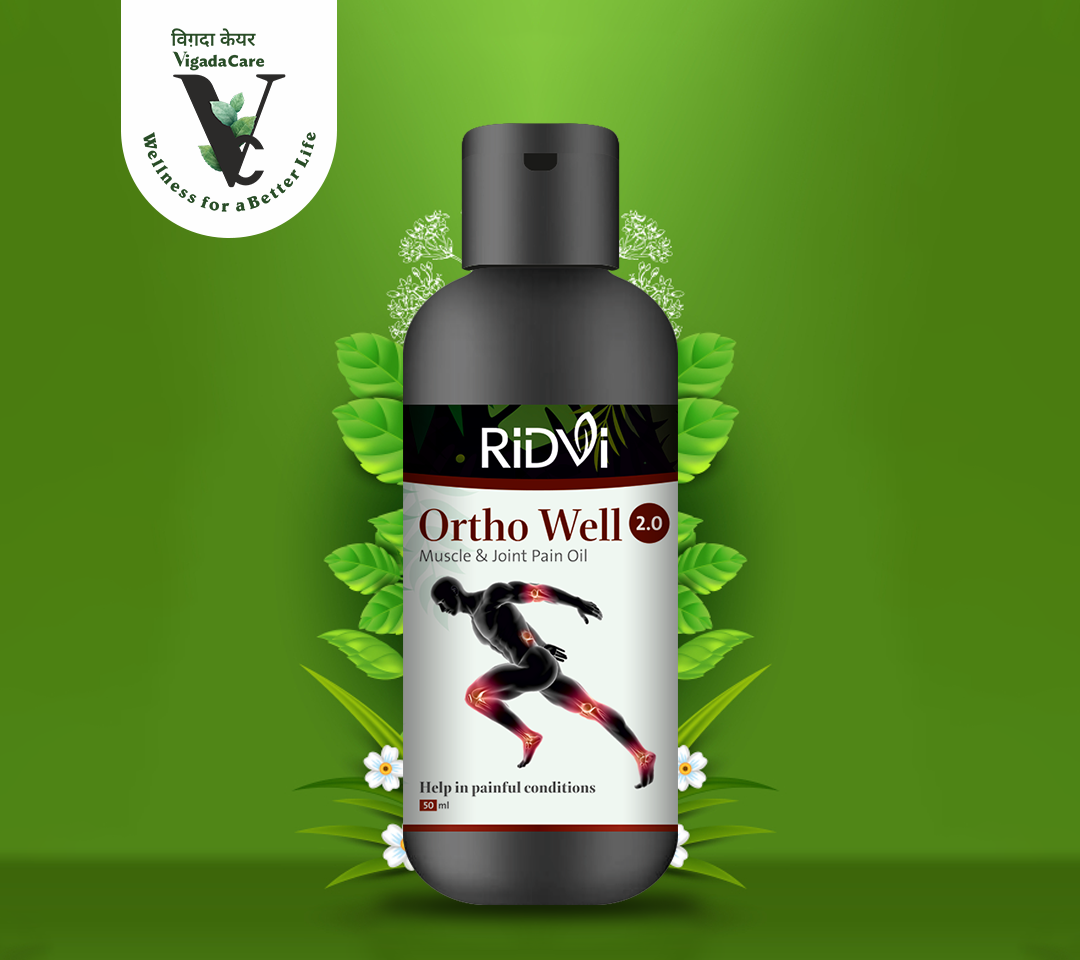
Which Is The Best Ayurveda Natural Oil For My Joint Pain?
Which Is The Best Ayurveda Natural Oil For My Joint Pain,&nb... Read More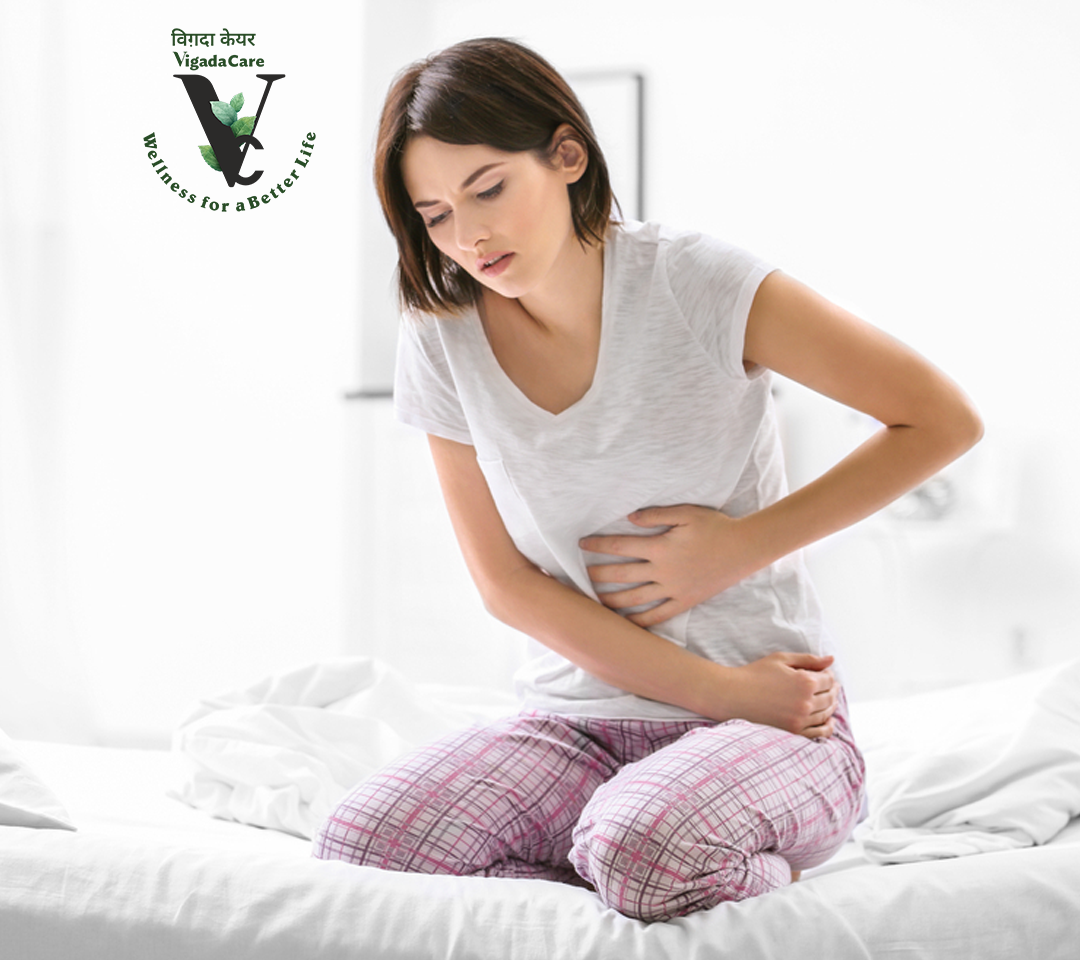
Can PCOD Be Cured? Is There Any Natural Way Of It?
Can PCOD Be Cured? Is There Any Natural Way Of It, PCOD... Read More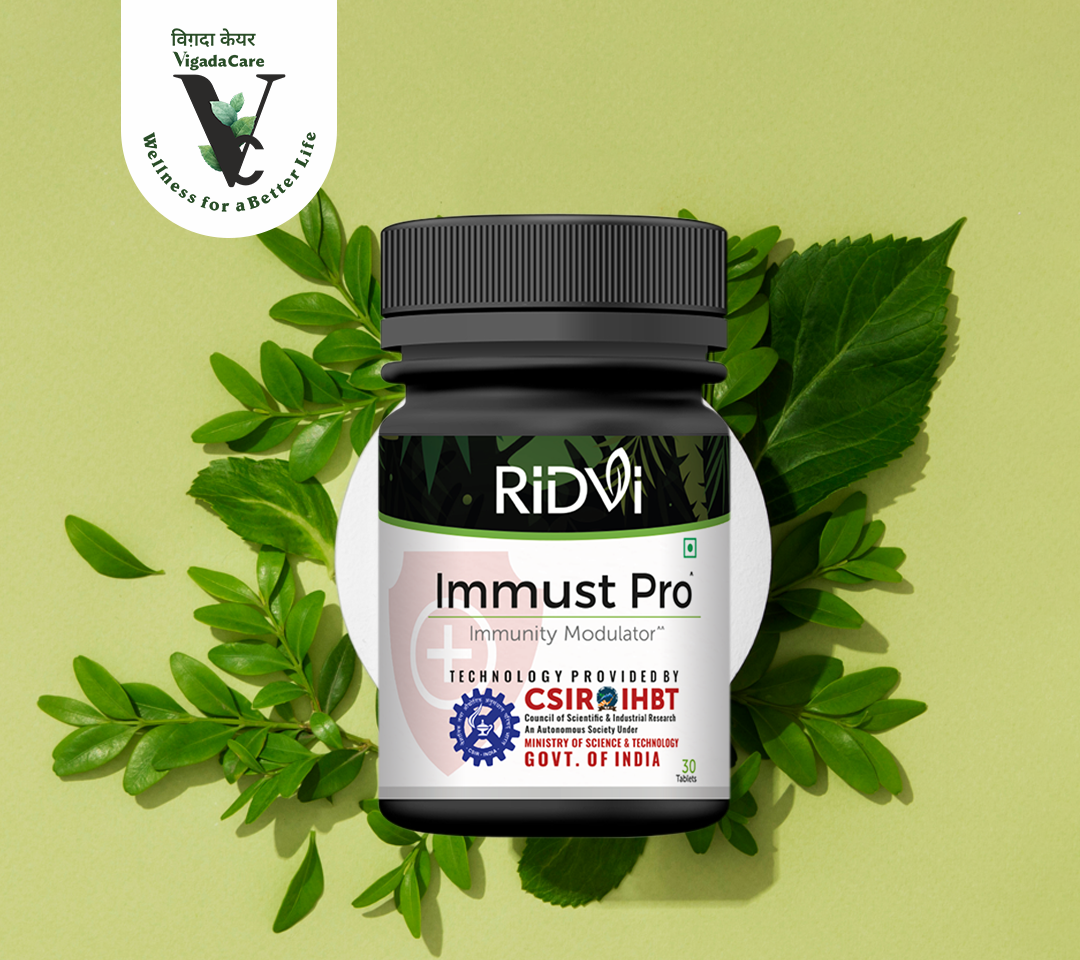
Are There Any Supplements That Help Improve Immunity?
Are There Any Supplements That Help Improve Immunity, U... Read More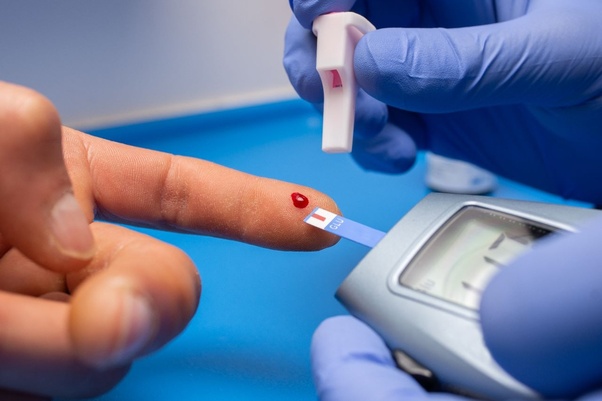
How Do I Stabilize Blood Sugar With Ayurveda?
How Do I Stabilize Blood Sugar With Ayurveda, Diabetes ... Read More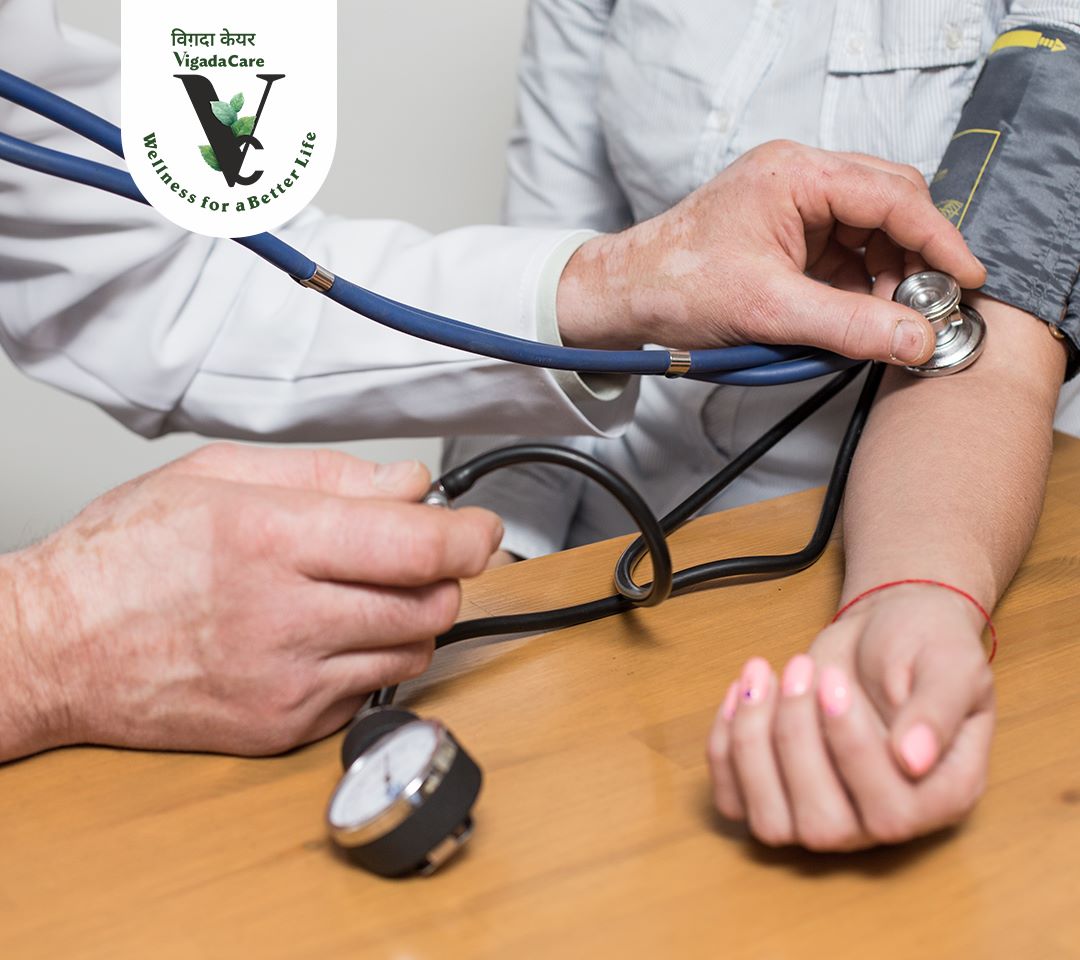
What's The Best Natural Medicine For BP?
What's The Best Natural Medicine For BP, It's important... Read More
Is There Any Ayurveda Treatment Of PCOD?
Is There Any Ayurveda Treatment Of PCOD, PCOD is a comm... Read More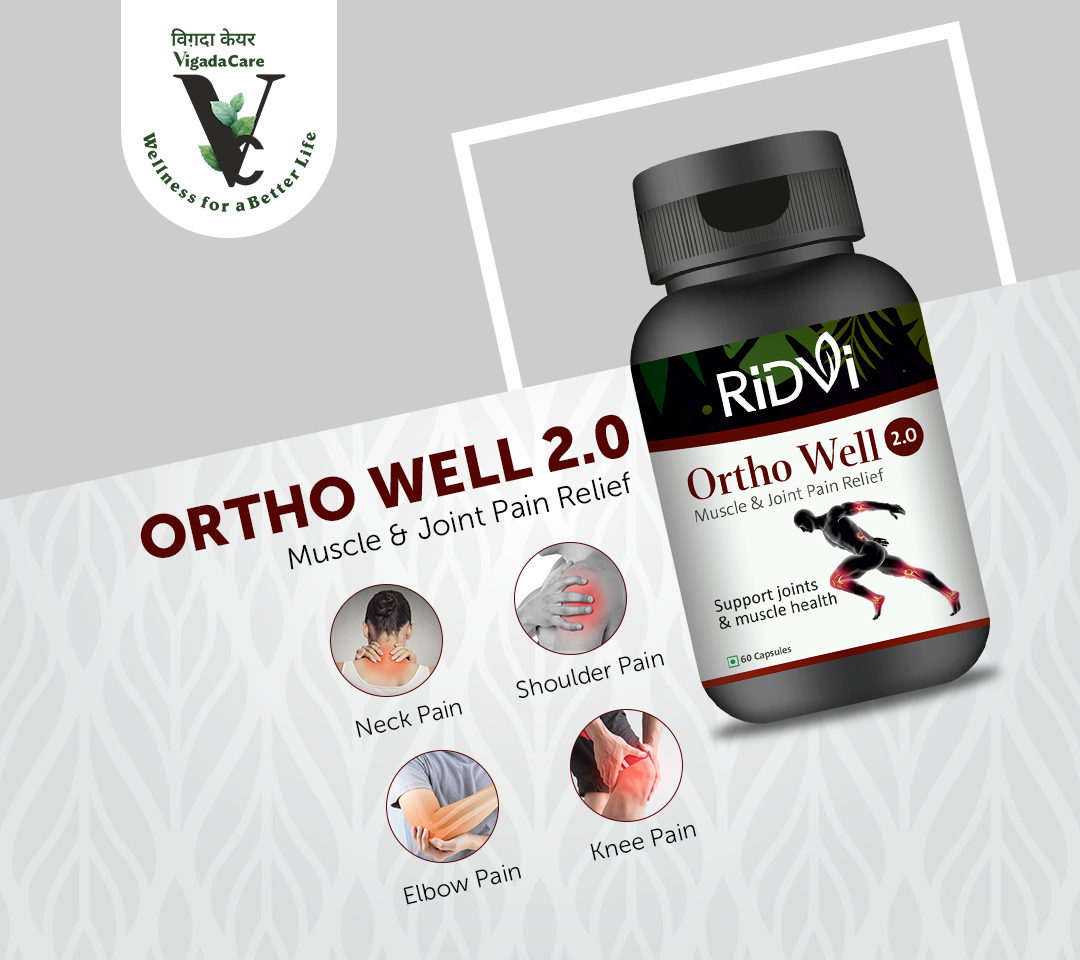
What Is The Best Ayurvedic Medicine For Joint Pain?
What Is The Best Ayurvedic Medicine For Joint Pain, The... Read More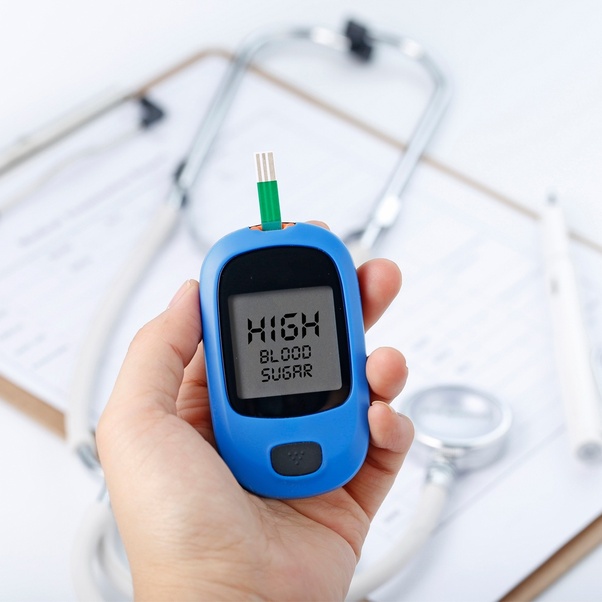
What Do You Do When Blood Sugar Is High?
What Do You Do When Blood Sugar Is High, If you have di... Read More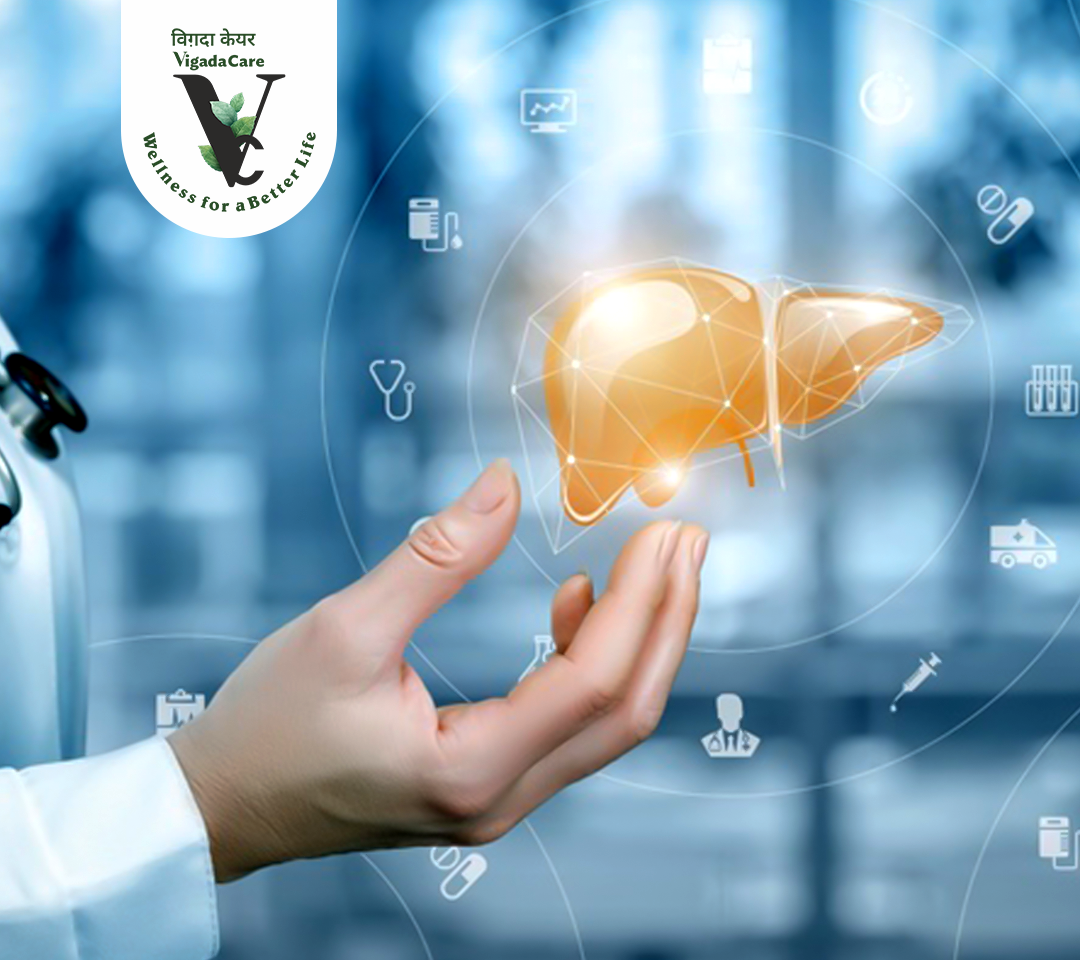
Is There Any Ayurvedic Treatment For Jaundice?
Is There Any Ayurvedic Treatment For Jaundice, Yes, Ayu... Read More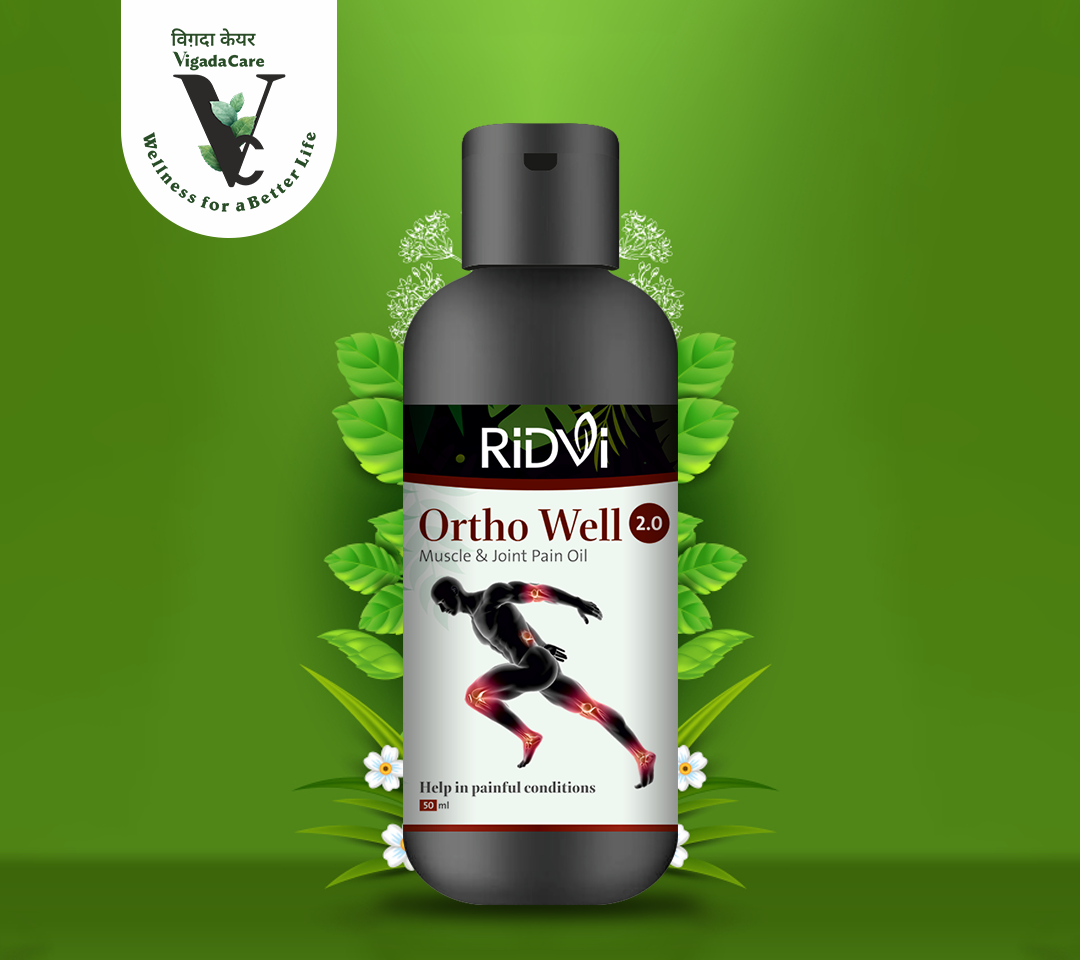
Which Is The Best Oil For Joints Pain Available In India?
Which Is The Best Oil For Joints Pain Available In India,&nb... Read More
Can PCOS Really Make You Fat?
Can PCOS Really Make You Fat, PCOD or PCOS (polycystic ... Read More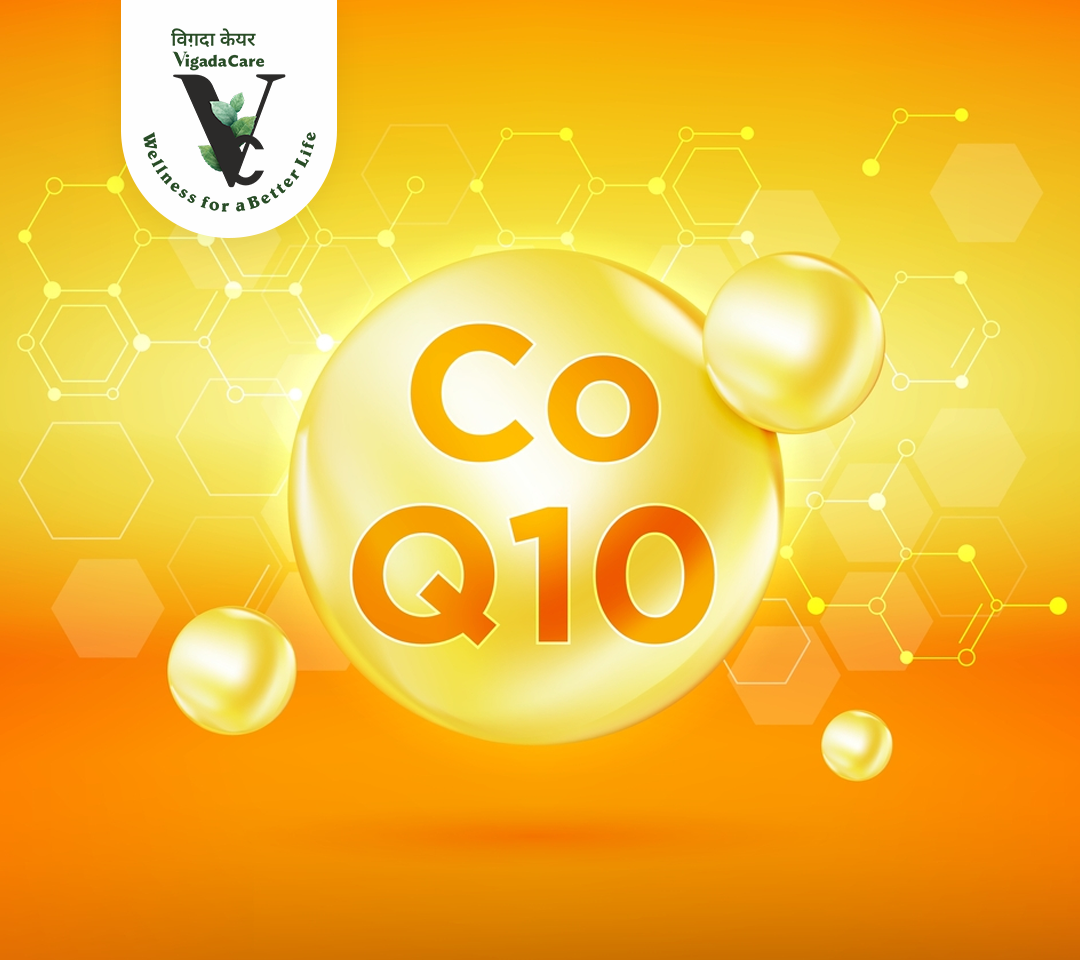
Is Taking CoQ10 Supplement Is Safe?
Is Taking CoQ10 Supplement Is Safe, Yes, Coenzyme Q10 (... Read More
How Do I Cure Asthma Naturally?
How Do I Cure Asthma Naturally, Asthma is a chronic res... Read More
How Can I Remove Beginning Joint Pain With A Home Remedy?
How Can I Remove Beginning Joint Pain With A Home Remedy,&nb... Read More
What Should I Do To Get Regular Periods?
What Should I Do To Get Regular Periods, To ensure regu... Read More
How Can I Cure Asthma With Ayurveda?
How Can I Cure Asthma With Ayurveda, Asthma, a chronic ... Read More
Is It Better To Have Antioxidants Via Supplement Or Food Intake?
Is It Better To Have Antioxidants Via Supplement Or Food Int... Read More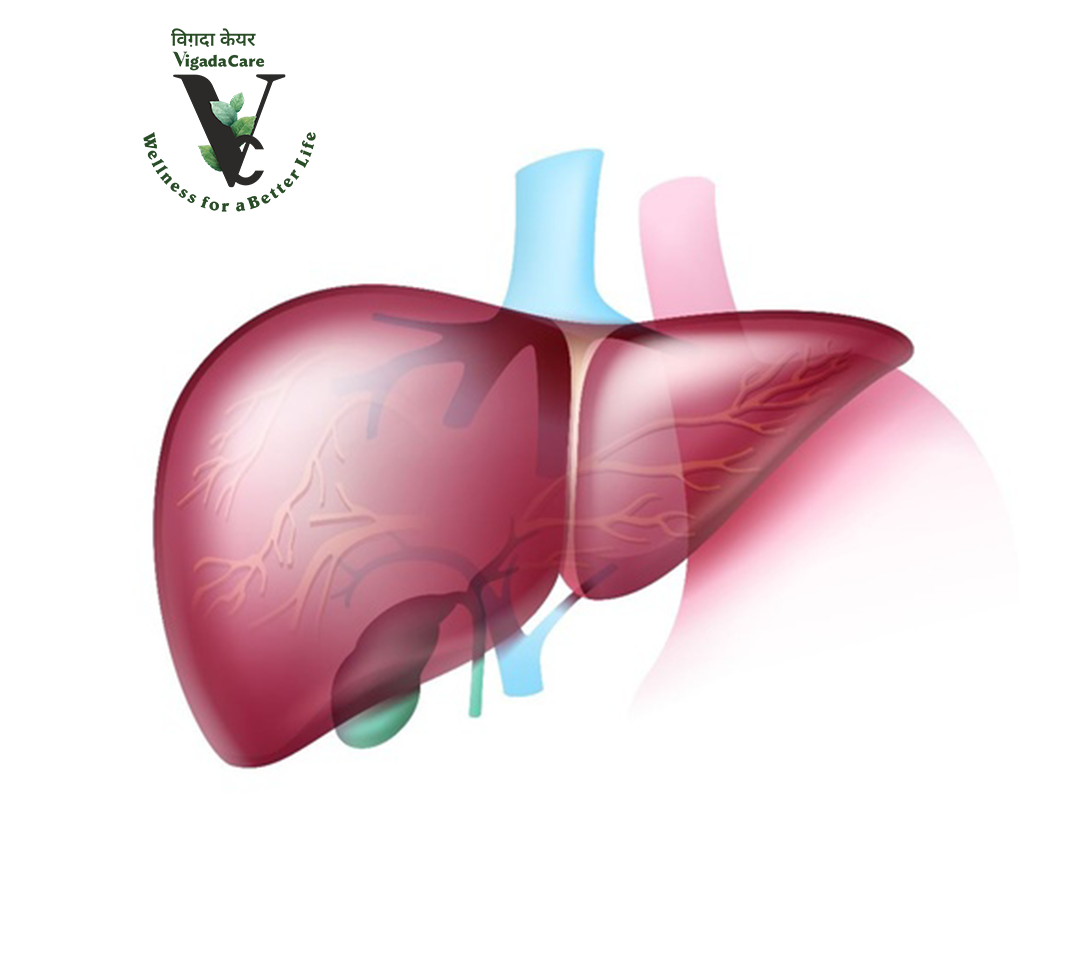
How Can I Reduce Bilirubin Levels In My Body?
How Can I Reduce Bilirubin Levels In My Body, Bilirubin... Read More
How Good Is Moringa Leaf Powder For You?
How Good Is Moringa Leaf Powder For You, Moringa leaf p... Read More
How Can I Treat PCOS Naturally?
How Can I Treat PCOS Naturally, Polycystic ovary syndro... Read More
Do Antioxidants Prevent Cancer? How So?
Do Antioxidants Prevent Cancer? How So, Antioxidants, c... Read More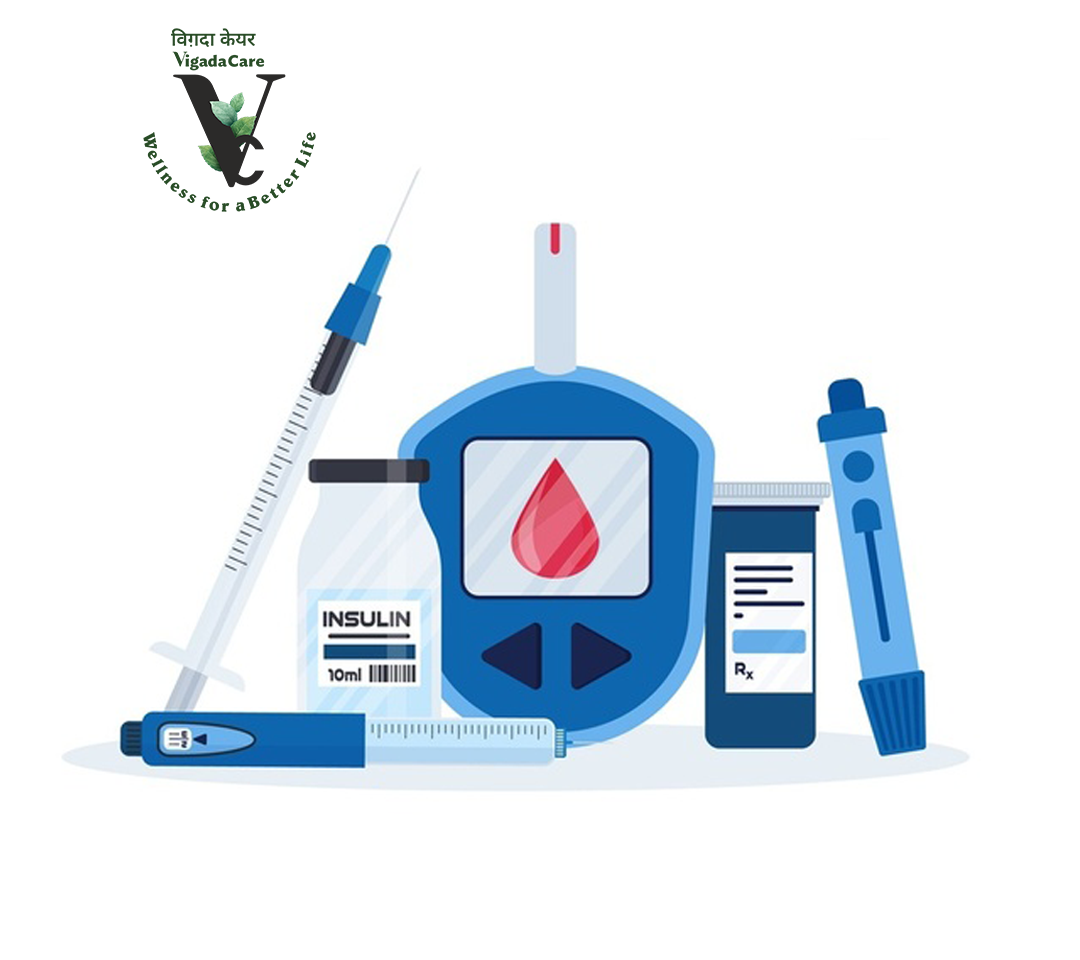
What Are The Primary Types Of Diabetes? What Role Does Ayurveda Imply In Treating Diabetes?
What Are The Primary Types Of Diabetes? What Role Does Ayurv... Read More
Is Massage Good For Sciatica?
Is Massage Good For Sciatica, Yes, massage can be extre... Read More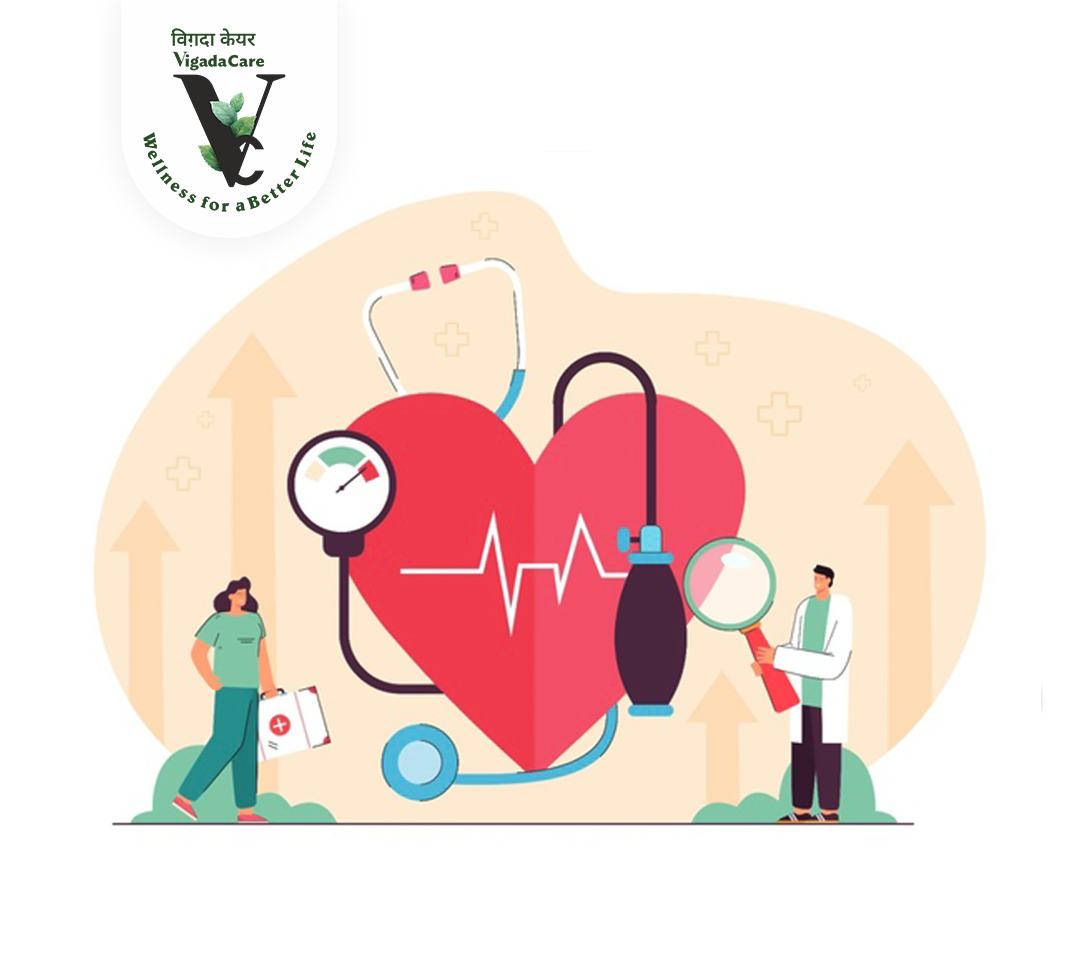
How do I treat blood pressure with Ayurveda?
How do I treat blood pressure with Ayurveda, Managing b... Read More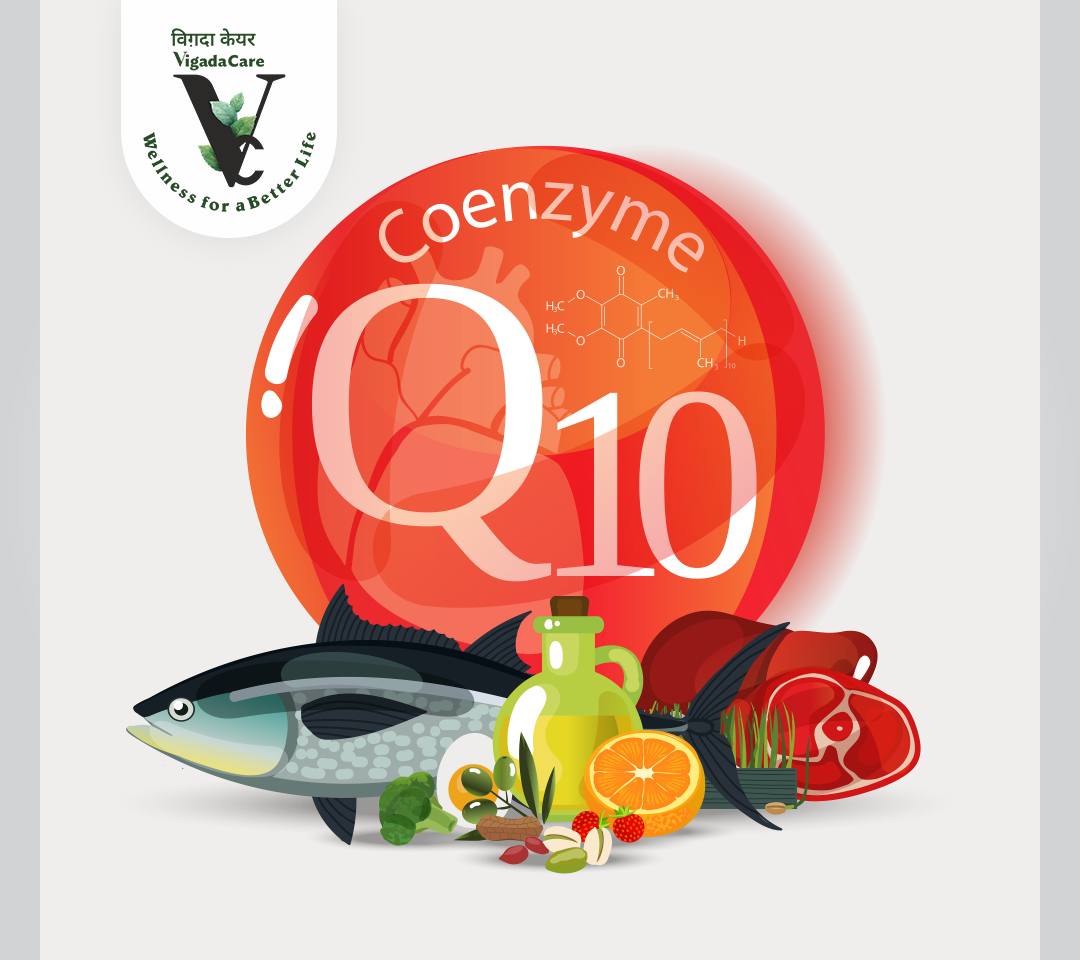
Do anti-oxidents help prevent cancer?
Do anti-oxidents help prevent cancer, Yes, antioxidants... Read More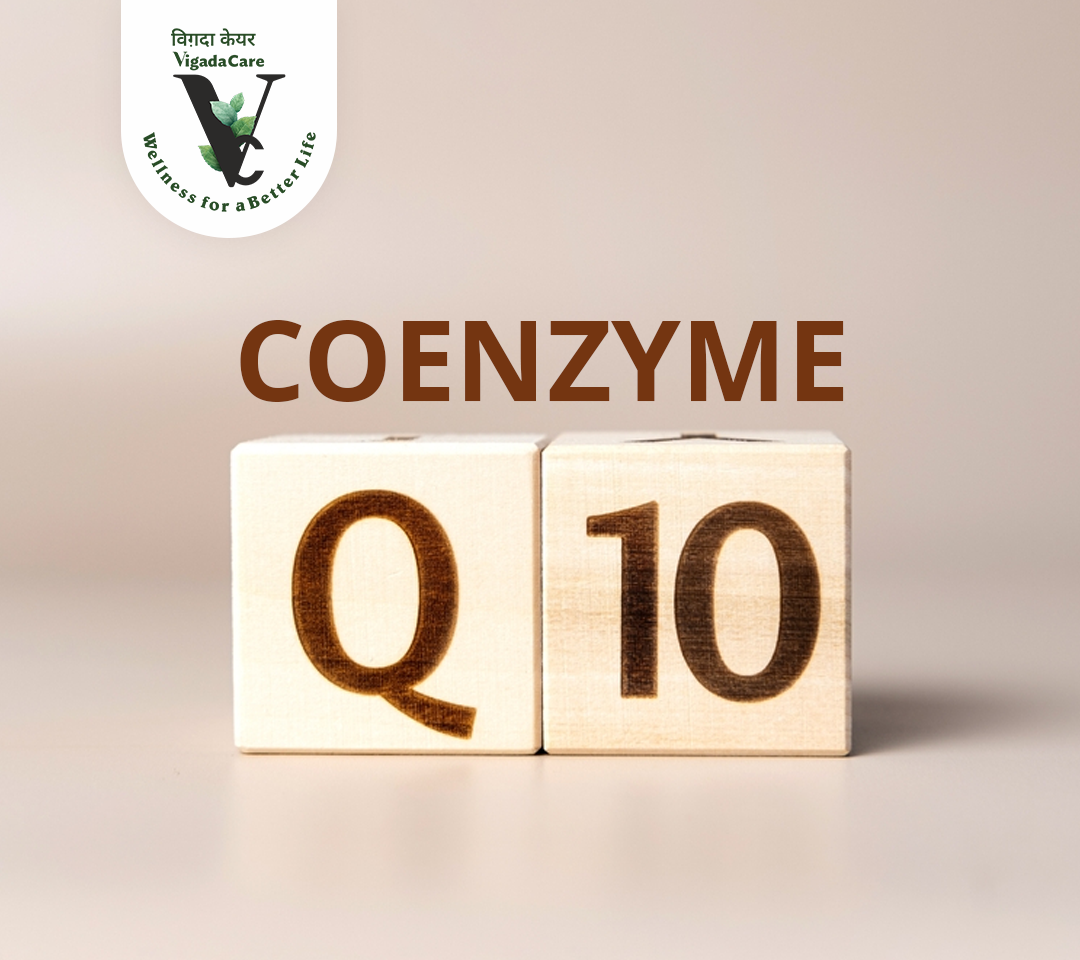
Why Are Antioxidants Good For The Skin?
Why Are Antioxidants Good For The Skin, Antioxidants pl... Read More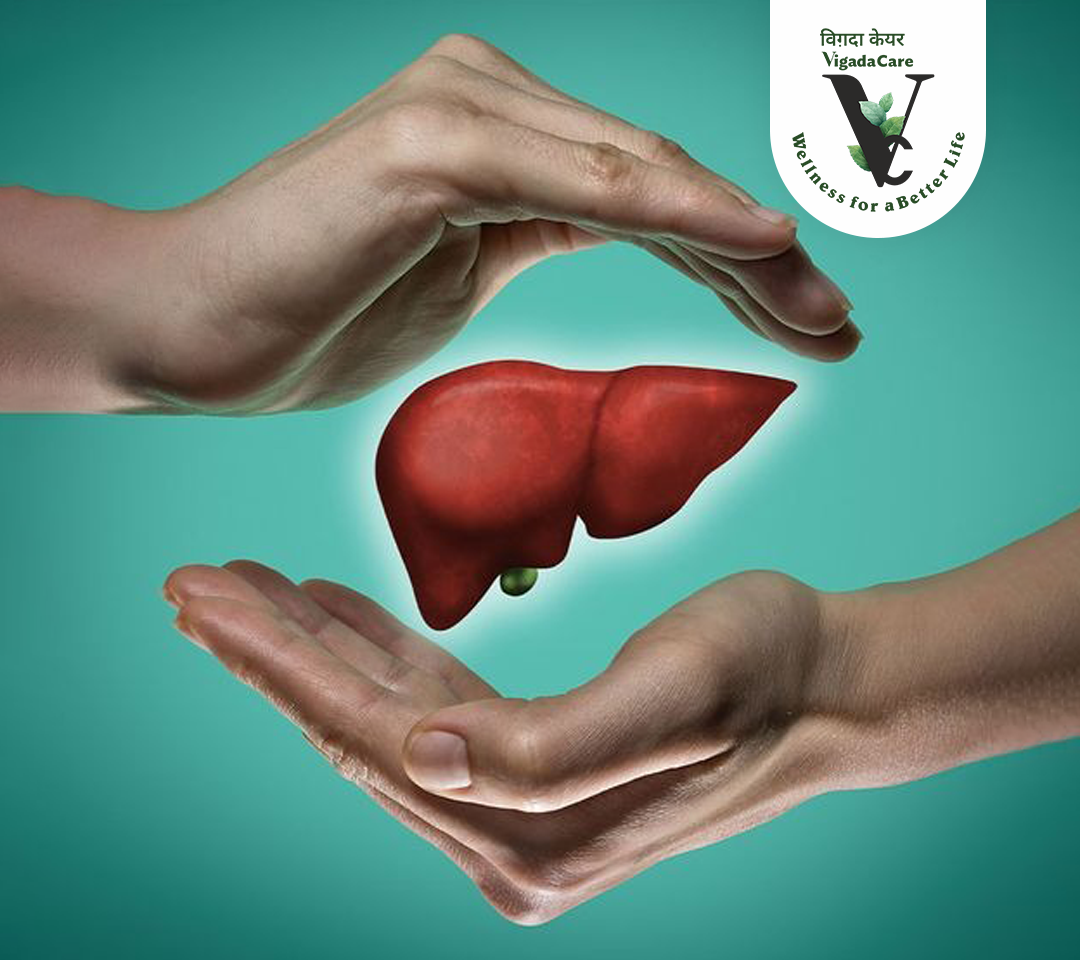
Tips for a Healthy Liver: Why is Liver Health Important?
Tips for a Healthy Liver: Why is Liver Health Important?&nbs... Read More
How Can I Treat My Asthma Naturally?
How Can I Treat My Asthma Naturally, Millions of indivi... Read More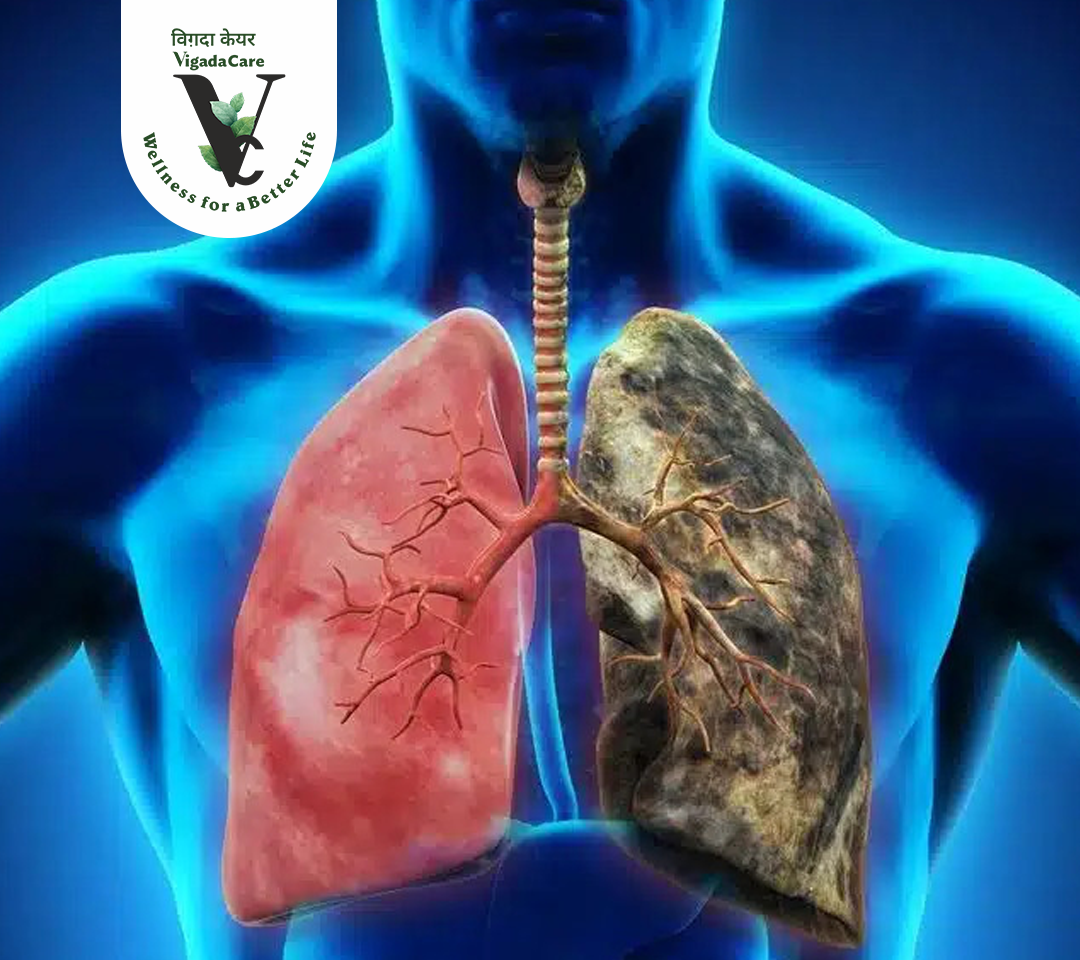
How Can I Keep My Respiratory System Healthy?
How can I keep my respiratory system healthy, Maintaining a ... Read More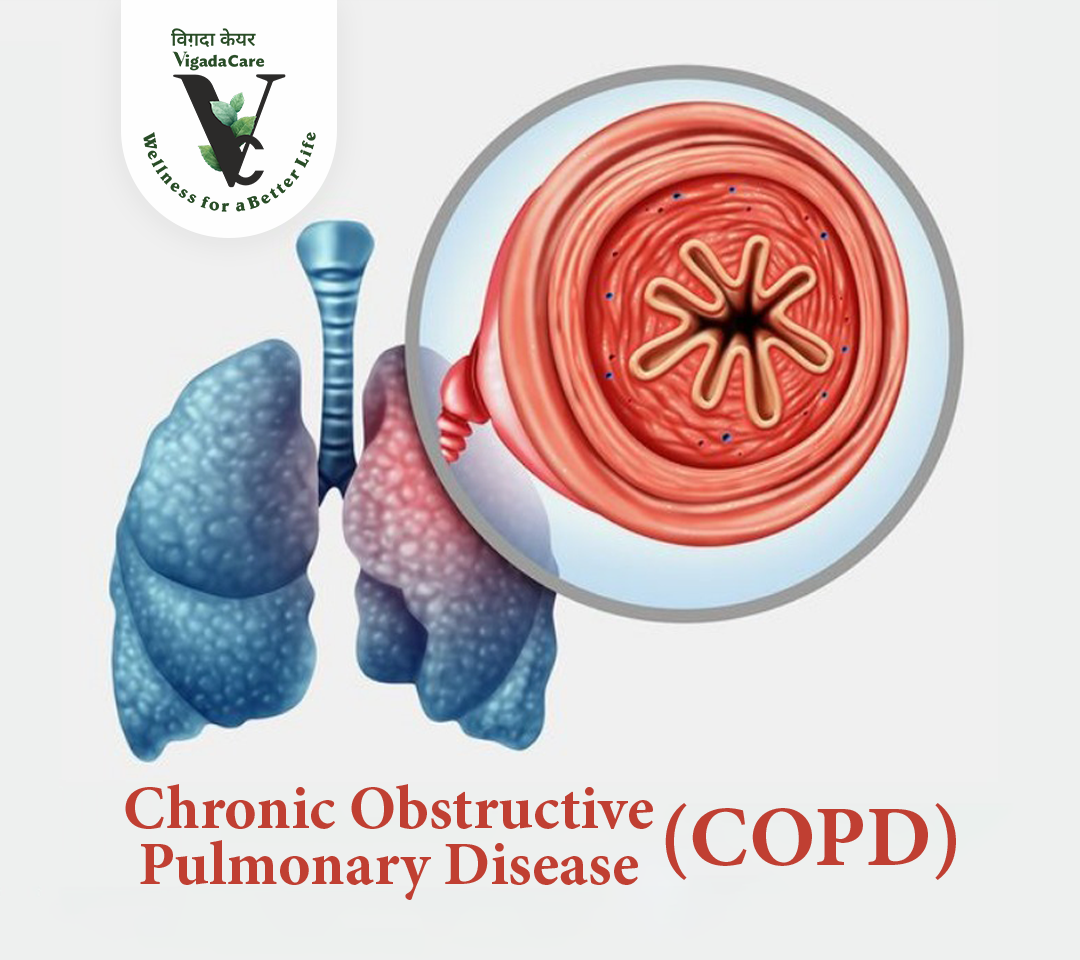
Is There Any Ayurveda Treatment Of COPD?
Is There Any Ayurveda Treatment Of COPD, COPD (Chronic ... Read More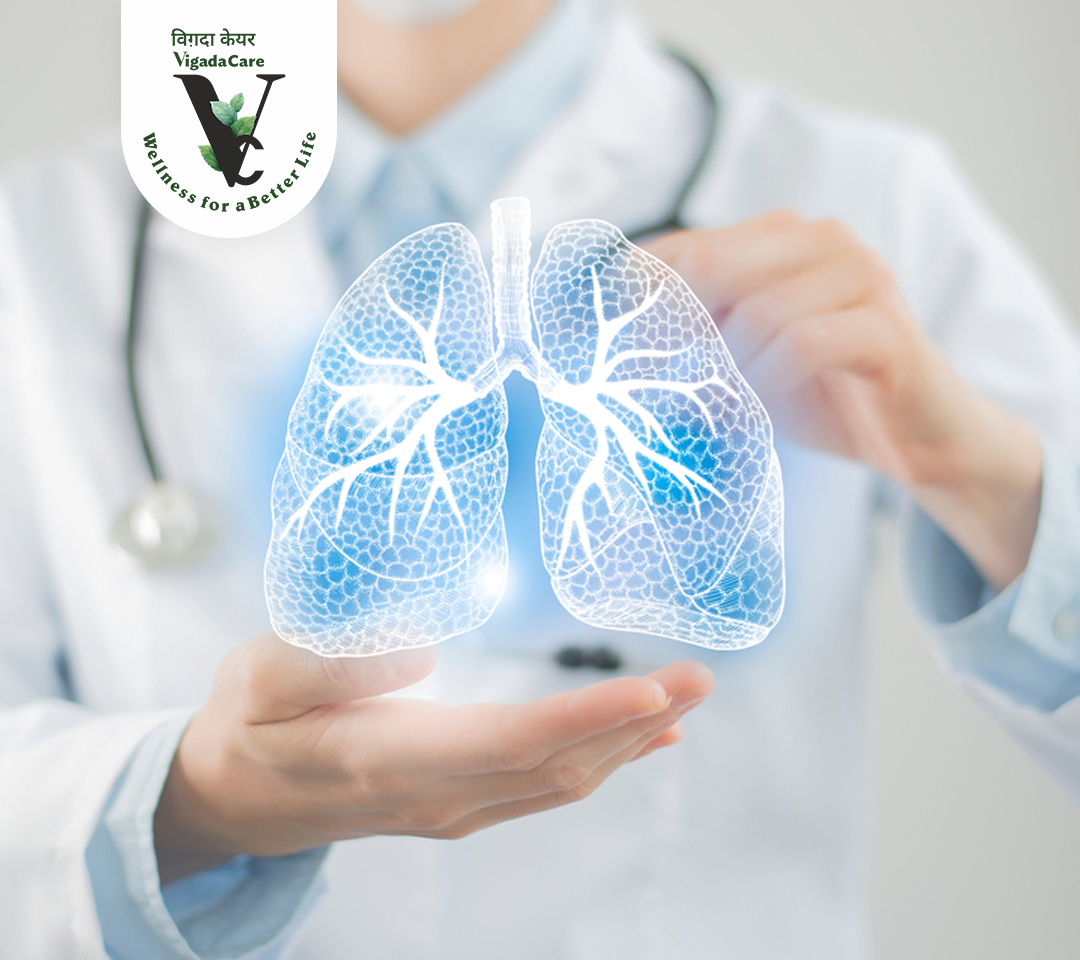
"Breath of Life: Essential Lung Health Tips for a Healthy Respiratory System"
"Breath of Life: Essential Lung Health Tips for a Healthy Re... Read More
How to Deal with Arthritis in winter?
How to Deal with Arthritis in winter? ... Read More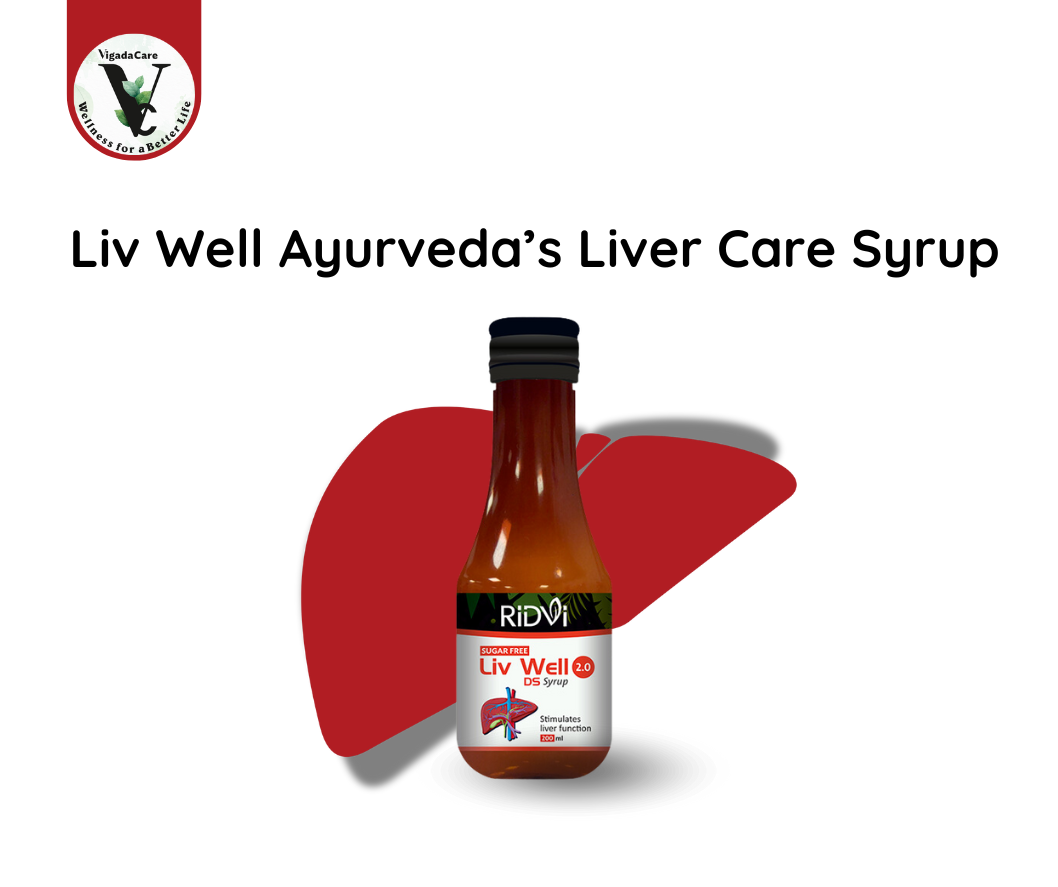
Ayurvedic Liver Syrup: Liv Well Ayurveda’s Liver Care Syrup: Health Benefits, Ingredients, and Uses
Ayurvedic Liver Syrup: Liv Well Ayurveda’s Liver Care ... Read More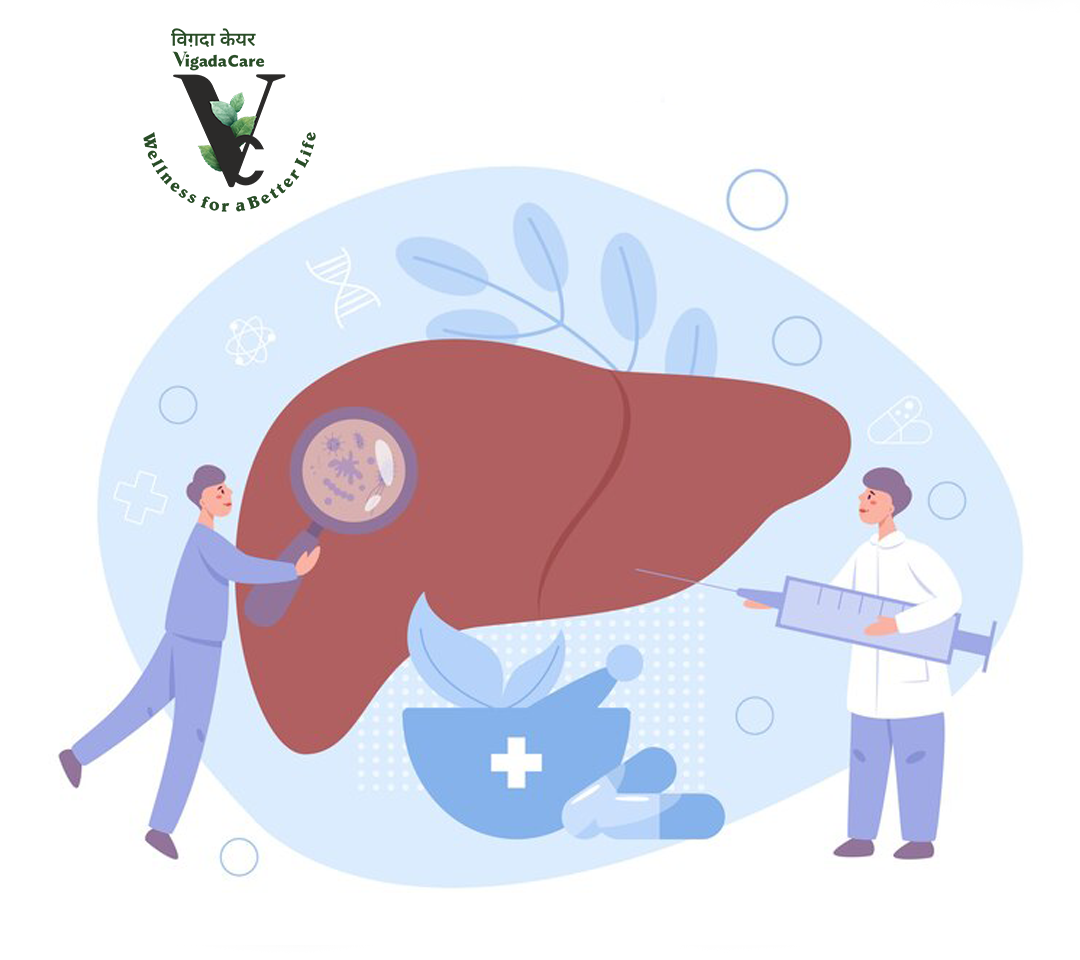
Understanding the Causes, Symptoms, and Treatment of Fatty Liver: A Silent Threat
Understanding the Causes, Symptoms, and Treatment of Fatty L... Read More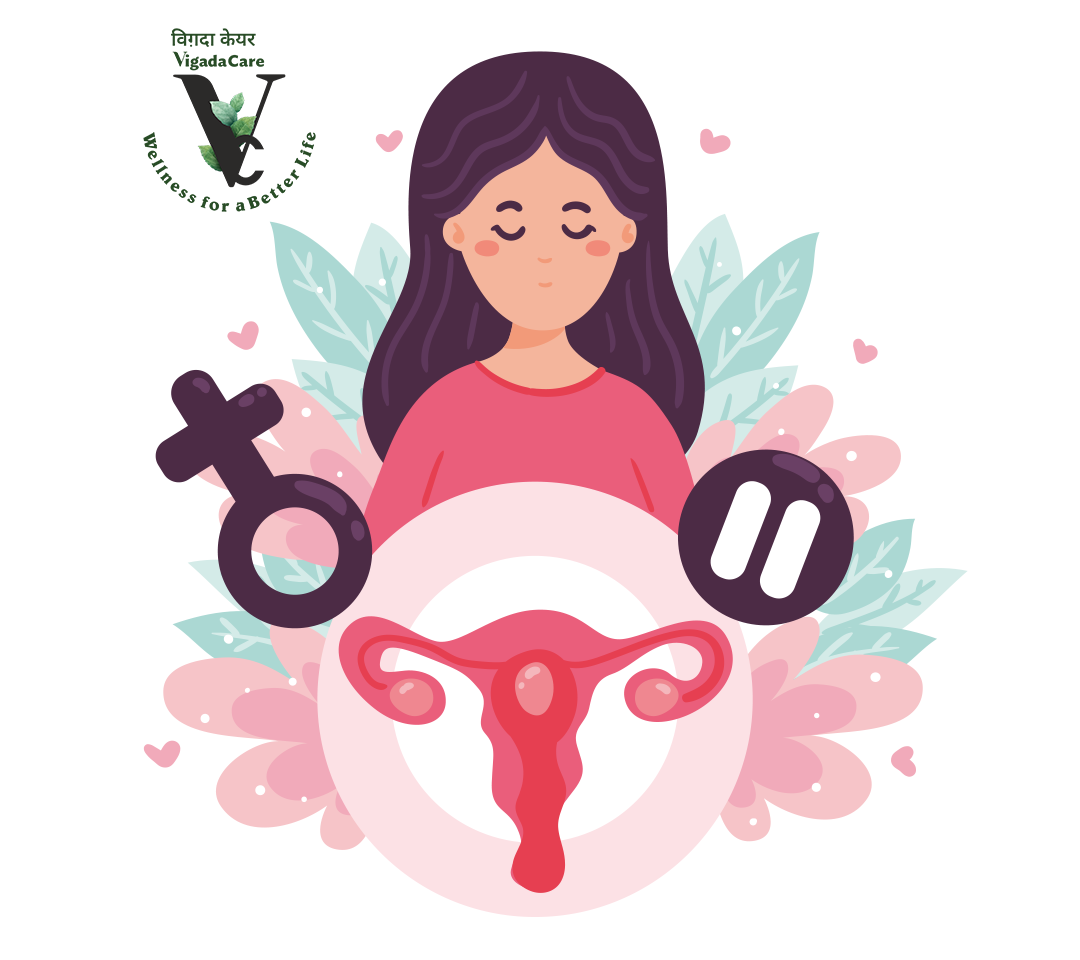
Understanding PCOD from an Ayurvedic Perspective
Understanding PCOD from an Ayurvedic Perspective &nbs... Read More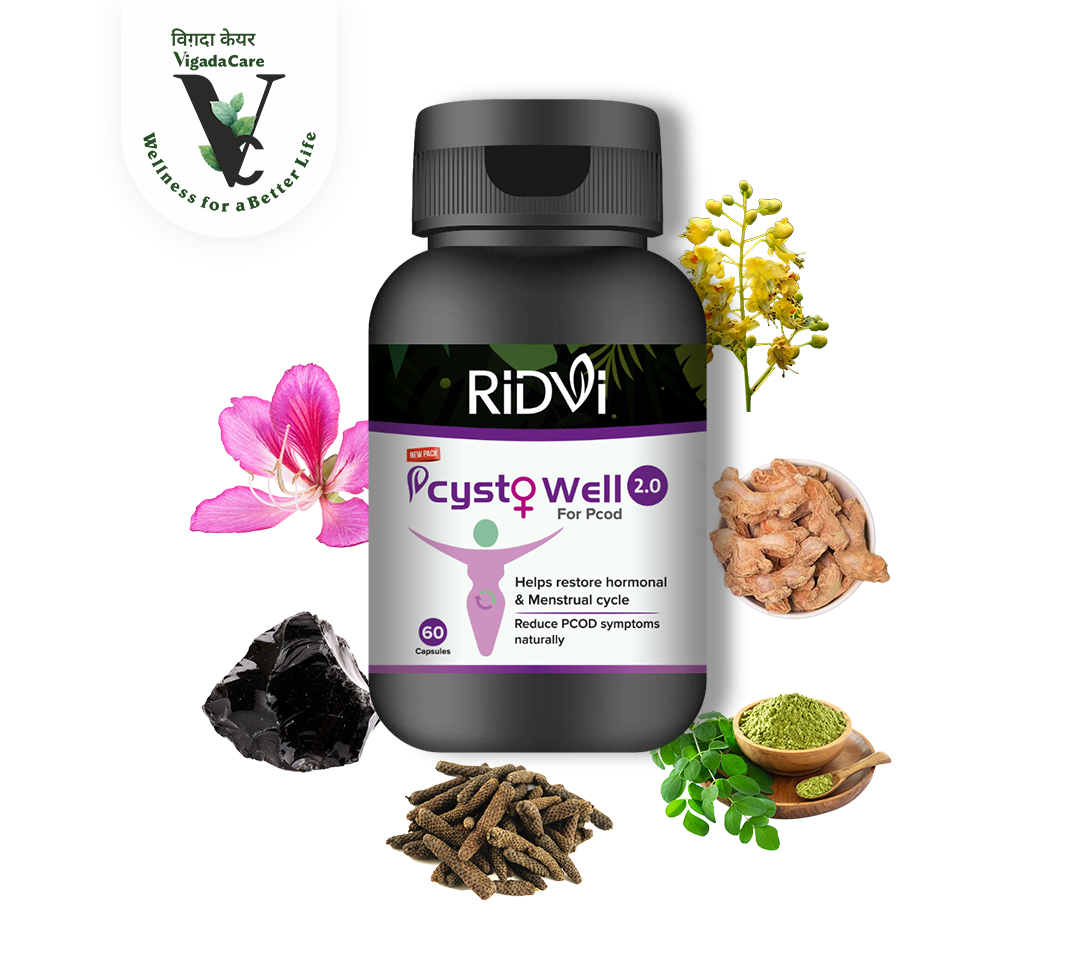
Common Herbs Used in Ayurveda for PCOD Treatment
Common Herbs Used in Ayurveda for PCOD Treatment Ayurvedic ... Read More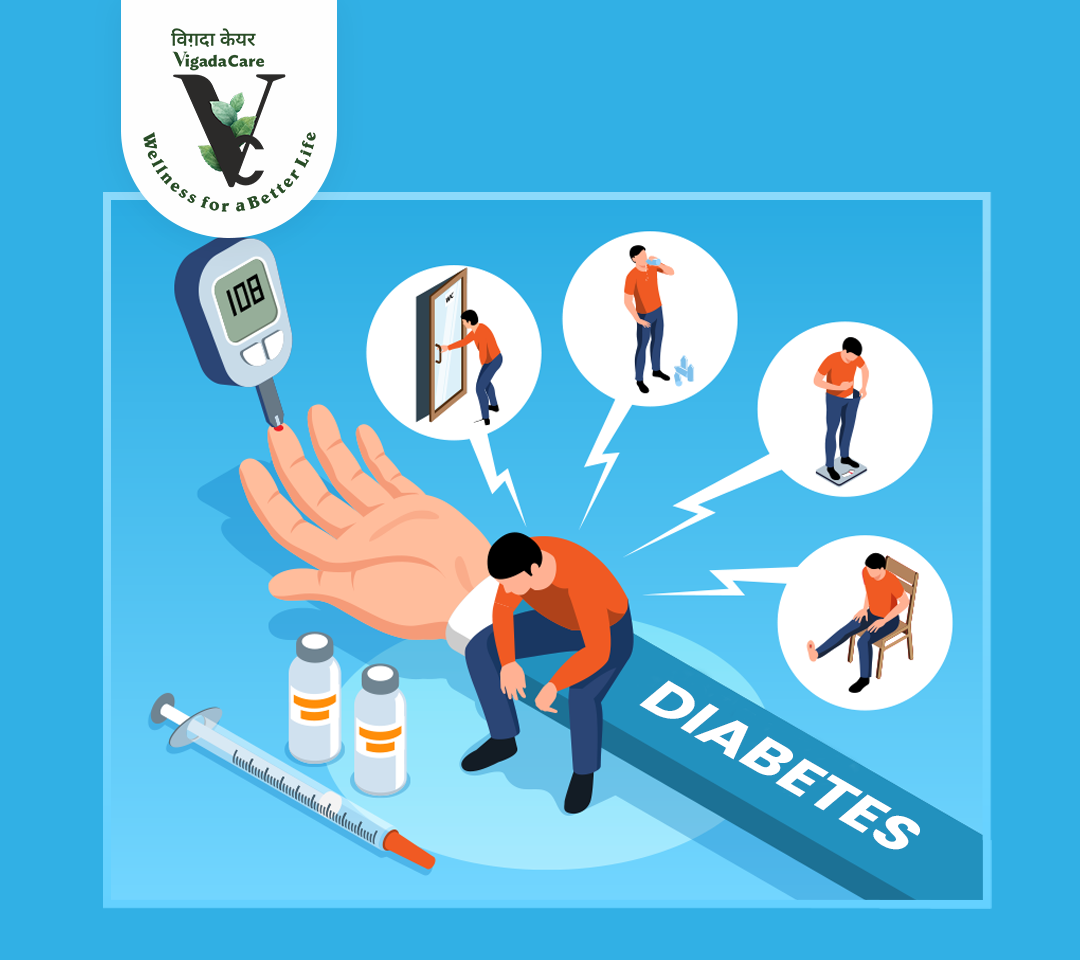
How is diabetes becoming a growing concern, and what are the Ayurvedic treatment options?
How is diabetes becoming a growing concern, and what are the... Read More
Managing Hypertension Remedy Naturally With RiDVi BP Well
Managing Hypertension Remedy Naturally With RiDVi BP Well&nb... Read More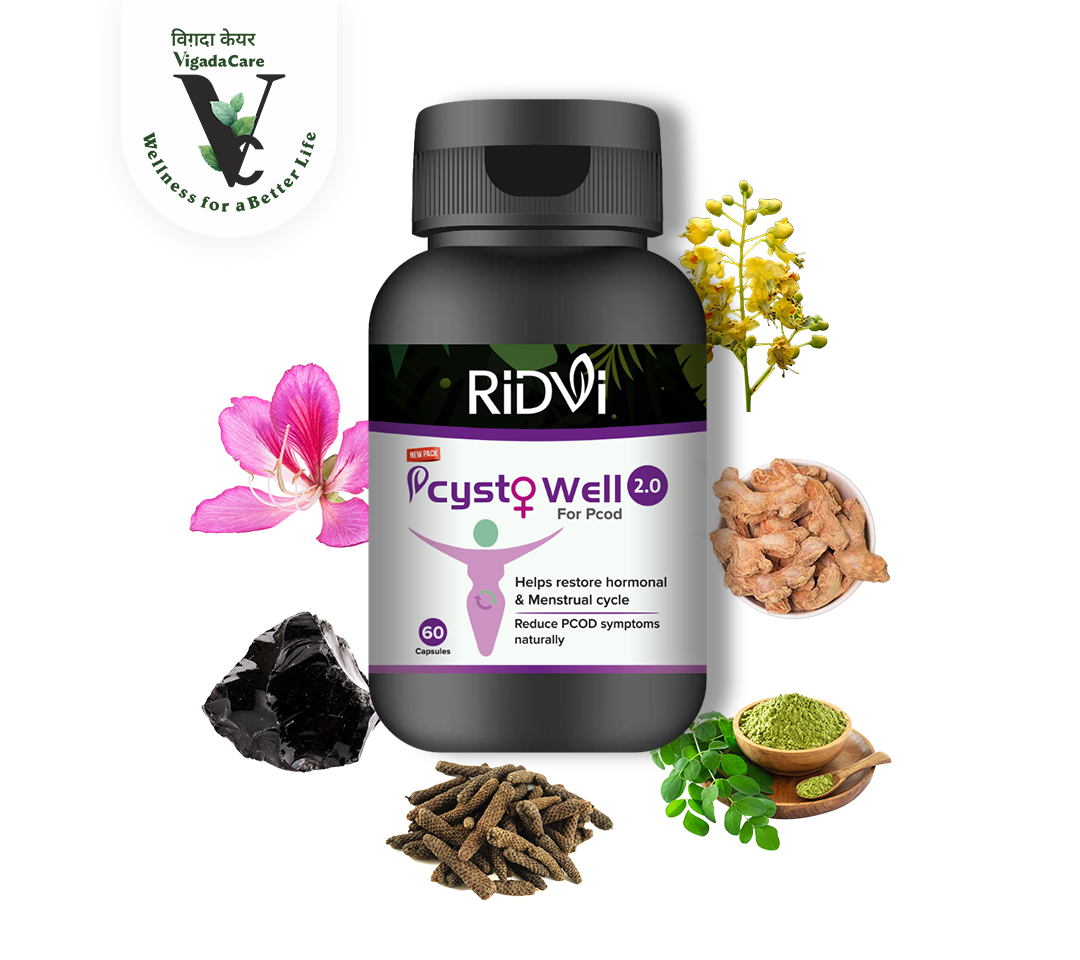
Top 10 Ayurvedic Remedies for Managing PCOD
Top 10 Ayurvedic Remedies for Managing PCOD Polycysti... Read More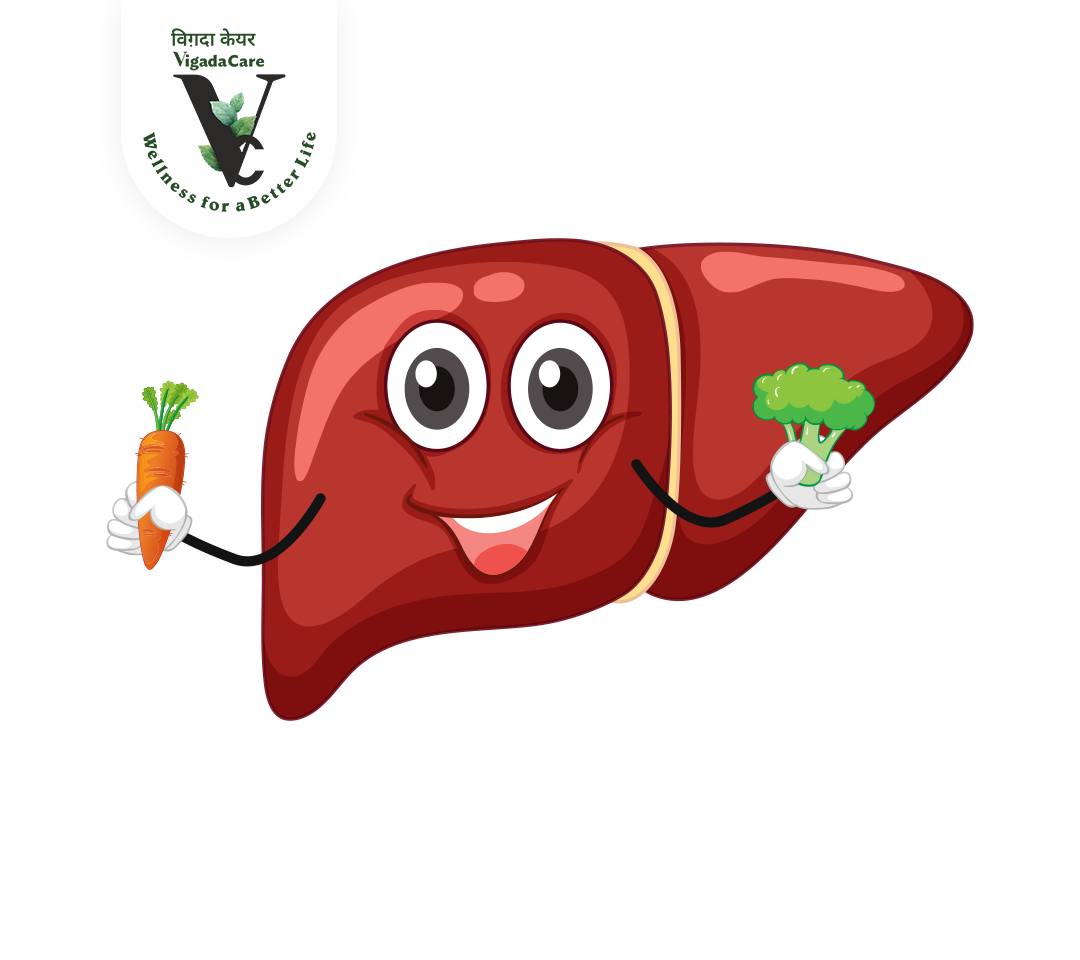
The Silent Giant: Why Your Liver Is Vital to Your Overall Health
The Silent Giant: Why Your Liver Is Vital to Your Overall He... Read More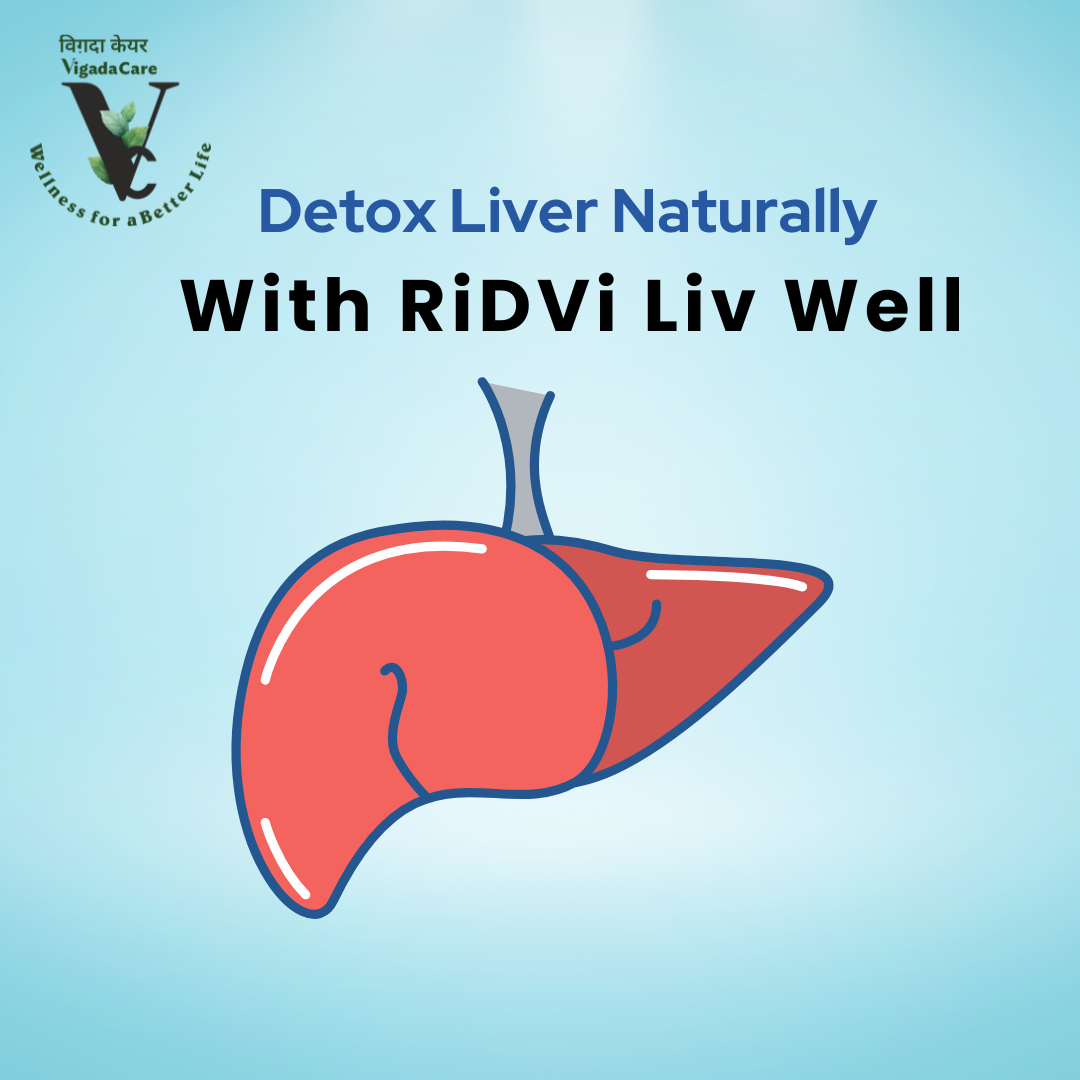
Detox Liver Naturally with Ayurvedic Medicine: RiDVi Liv Well Tablets
Detox Liver Naturally with Ayurvedic Medicine: RiDVi Liv Wel... Read More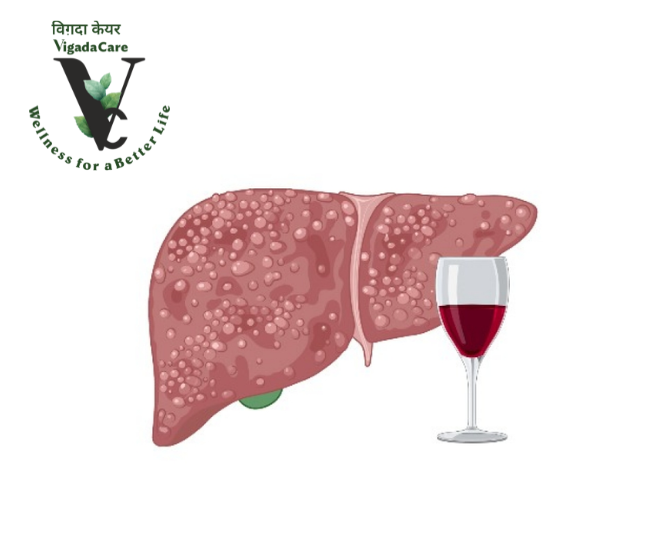
The Effects of Alcohol on the Liver and Prevention with RiDVi Liv Well Ayurvedic Medicine
The Effects of Alcohol on the Liver and Prevention with RiDV... Read More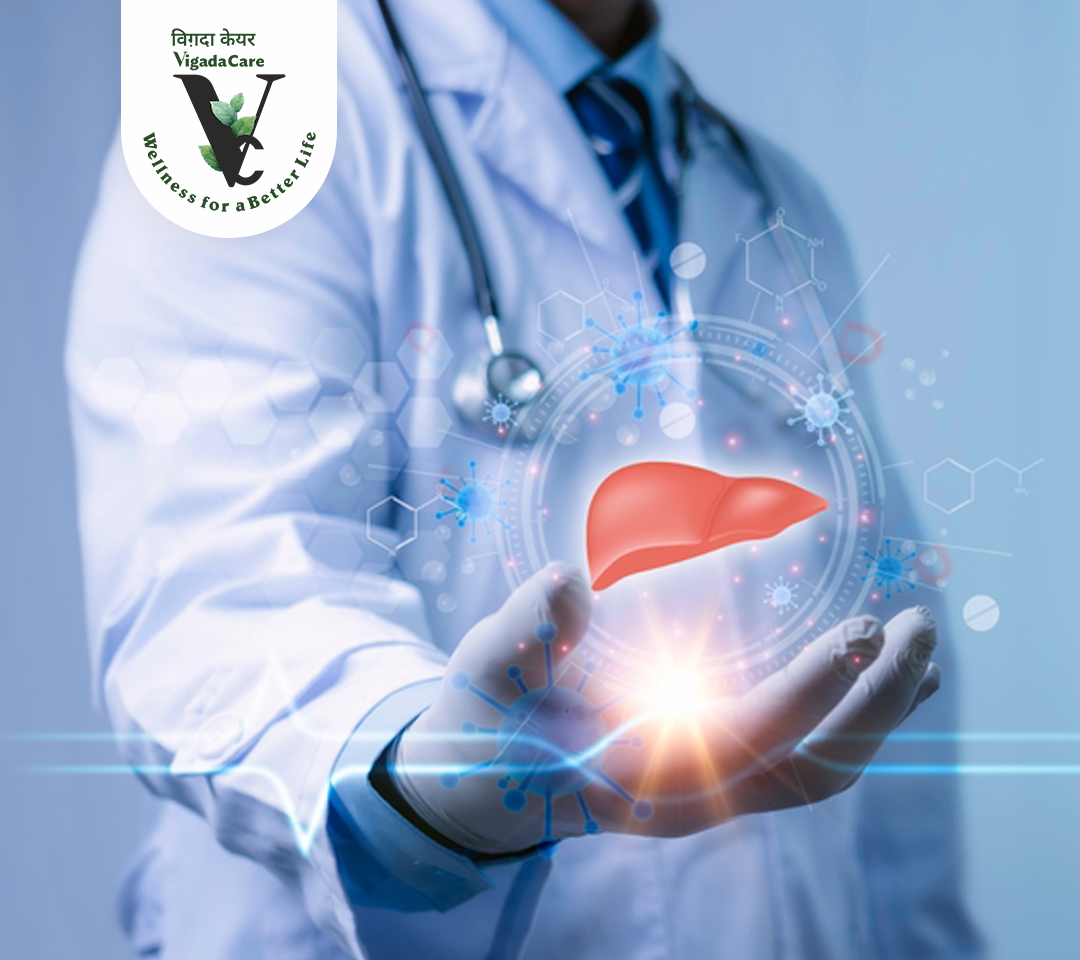
Liver Health During the Monsoon: Prevention Tips with Ayurvedic Products
Liver Health During the Monsoon: Prevention Tips with Ayurve... Read More
How to Keep Your Bones and Joints Healthy During the Monsoon Season?
How to Keep Your Bones and Joints Healthy During the Monsoon... Read More
The Air You Breathe – Preventing Respiratory Diseases with RiDVi Breathe Well
The Air You Breathe – Preventing Respiratory Diseases ... Read More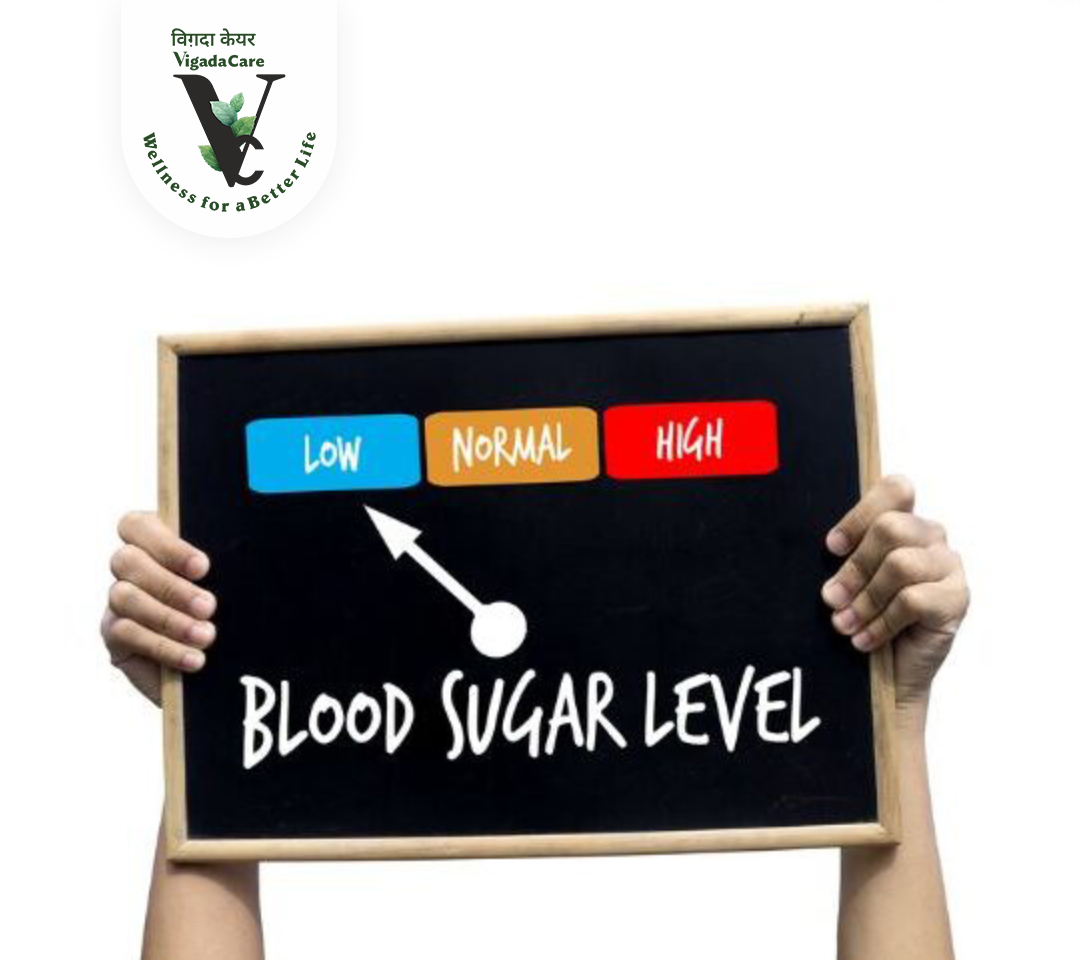
How Ayurveda RiDVi Gluco Well Medicine Can Help You Control Your Blood Sugar?
How Ayurveda RiDVi Gluco Well Medicine Can Help You Control ... Read More
Manage Your Blood Pressure Naturally With Ridvi BP Well
Manage Your Blood Pressure Naturally With Ridvi BP Well,&nbs... Read More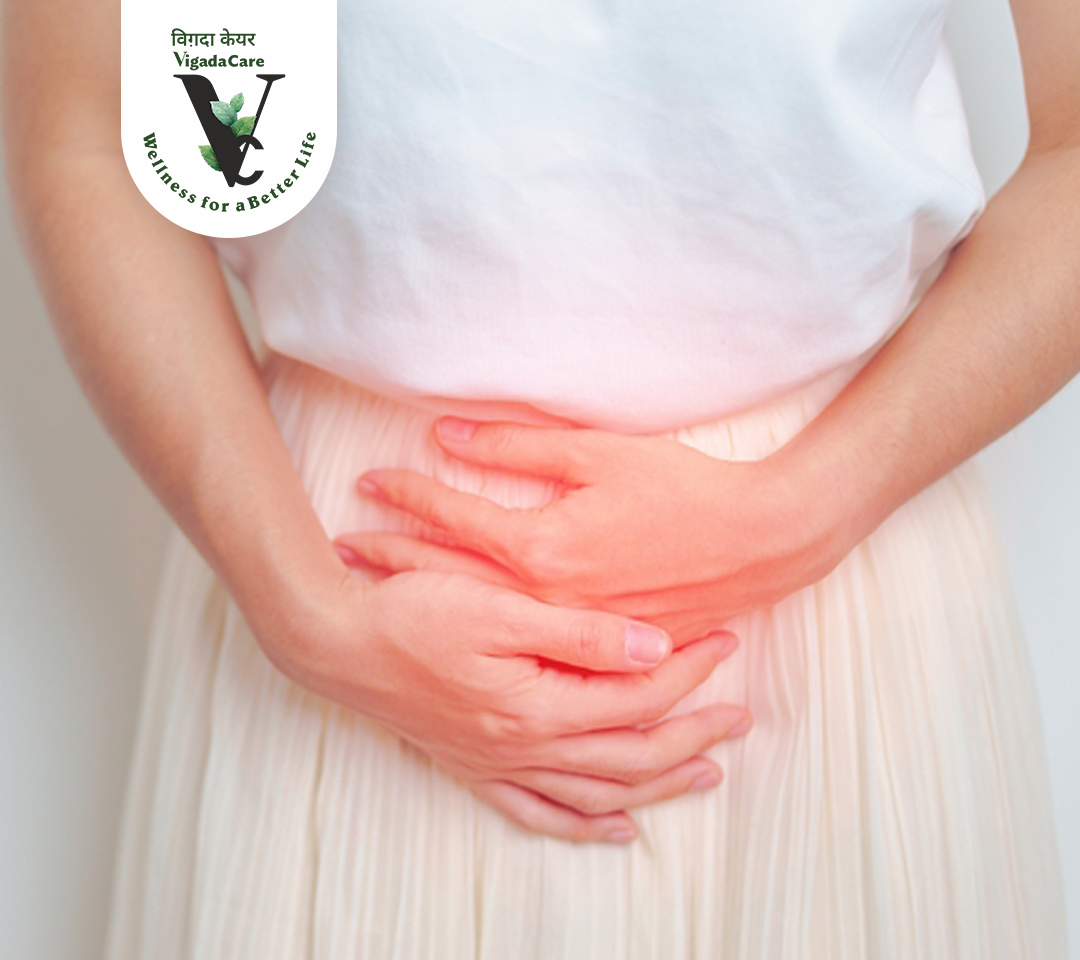
Understanding Period Pain: Causes, Symptoms, and Relief with RiDVi Pcysto Well Ayurvedic Medicine
Understanding Period Pain: Causes, Symptoms, and Relief with... Read More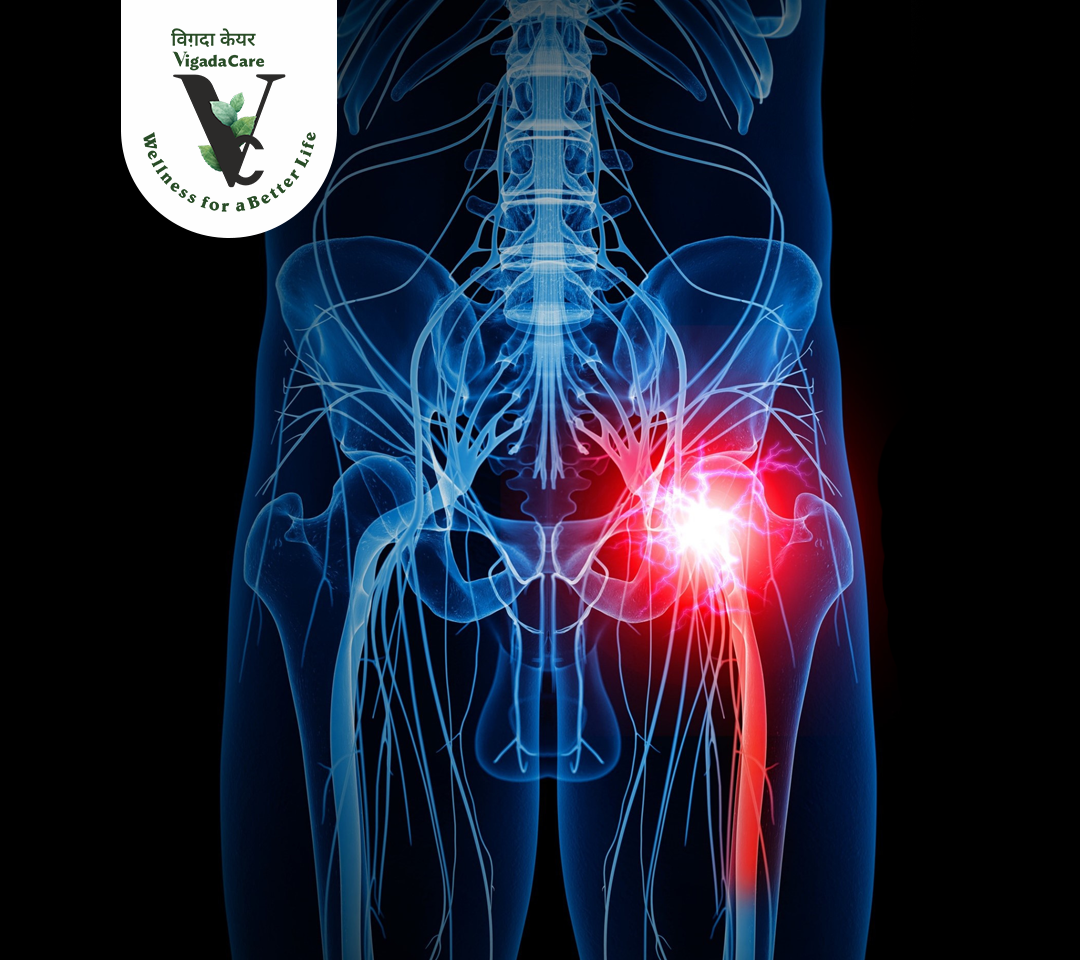
Understanding Sciatica Pain: Causes, Symptoms, and Relief with RiDVi Ortho Well Oil
Understanding Sciatica Pain: Causes, Symptoms, and Relief wi... Read More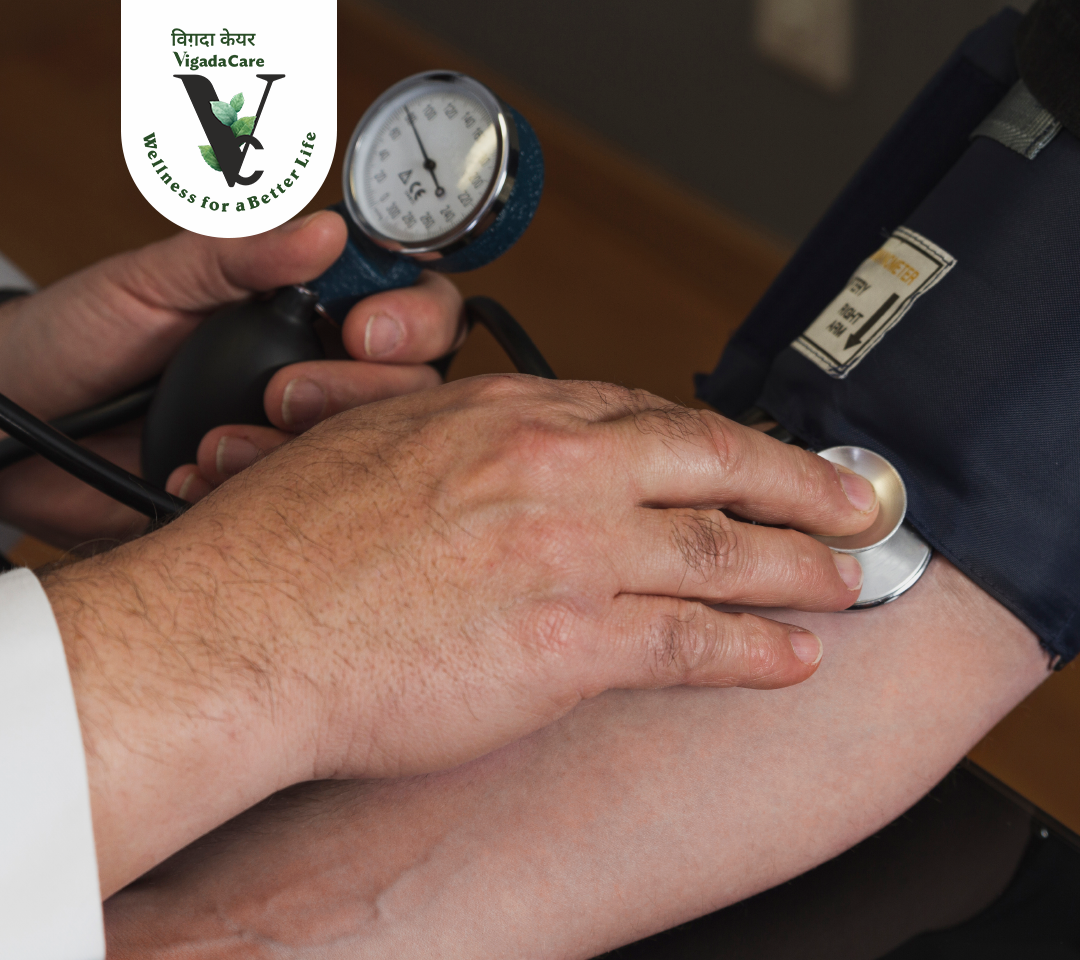
Top Ayurvedic Herbs to Control High Blood Pressure
Ayurvedic Herbs for Blood Pressure: Concerns and Solutions ... Read More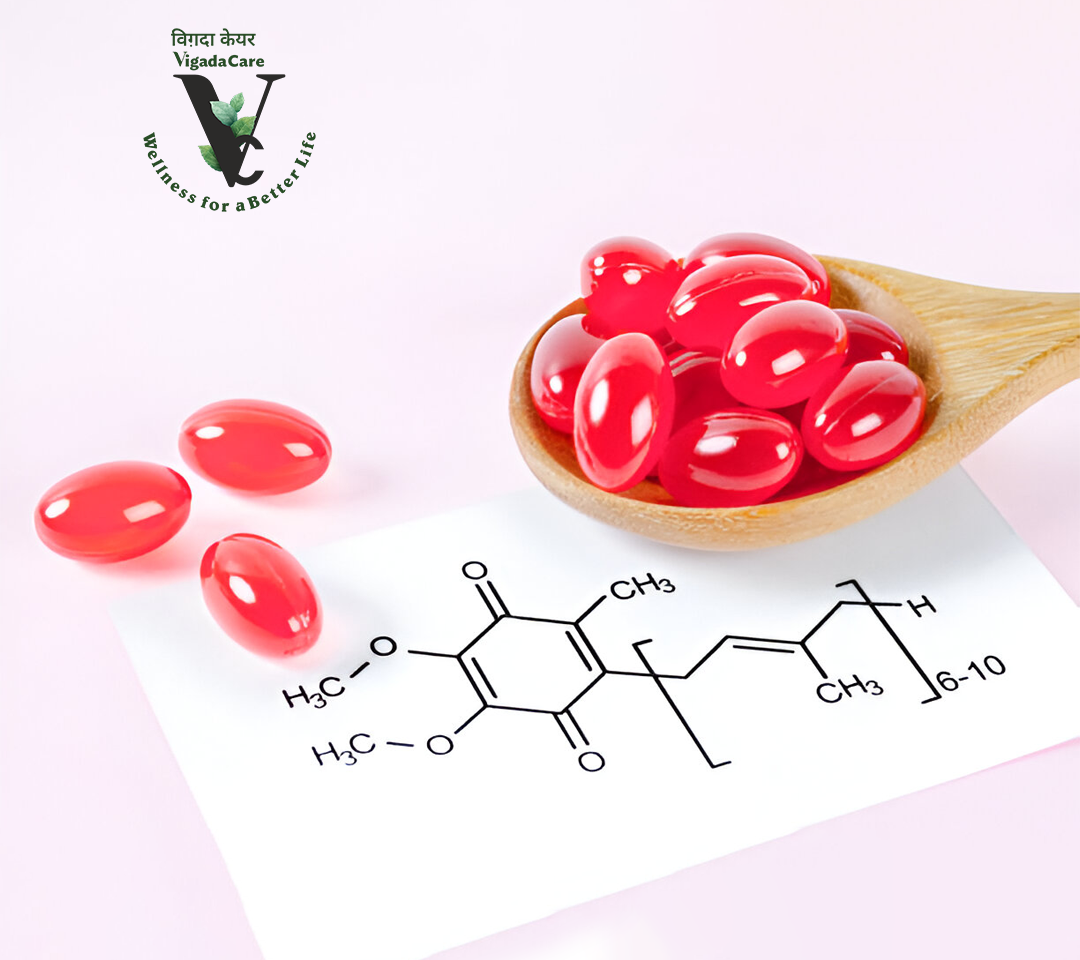
The Power of CoQ10: How This Antioxidant Helps Prevent Disease
The Power of CoQ10: How This Antioxidant Helps Prevent Disea... Read More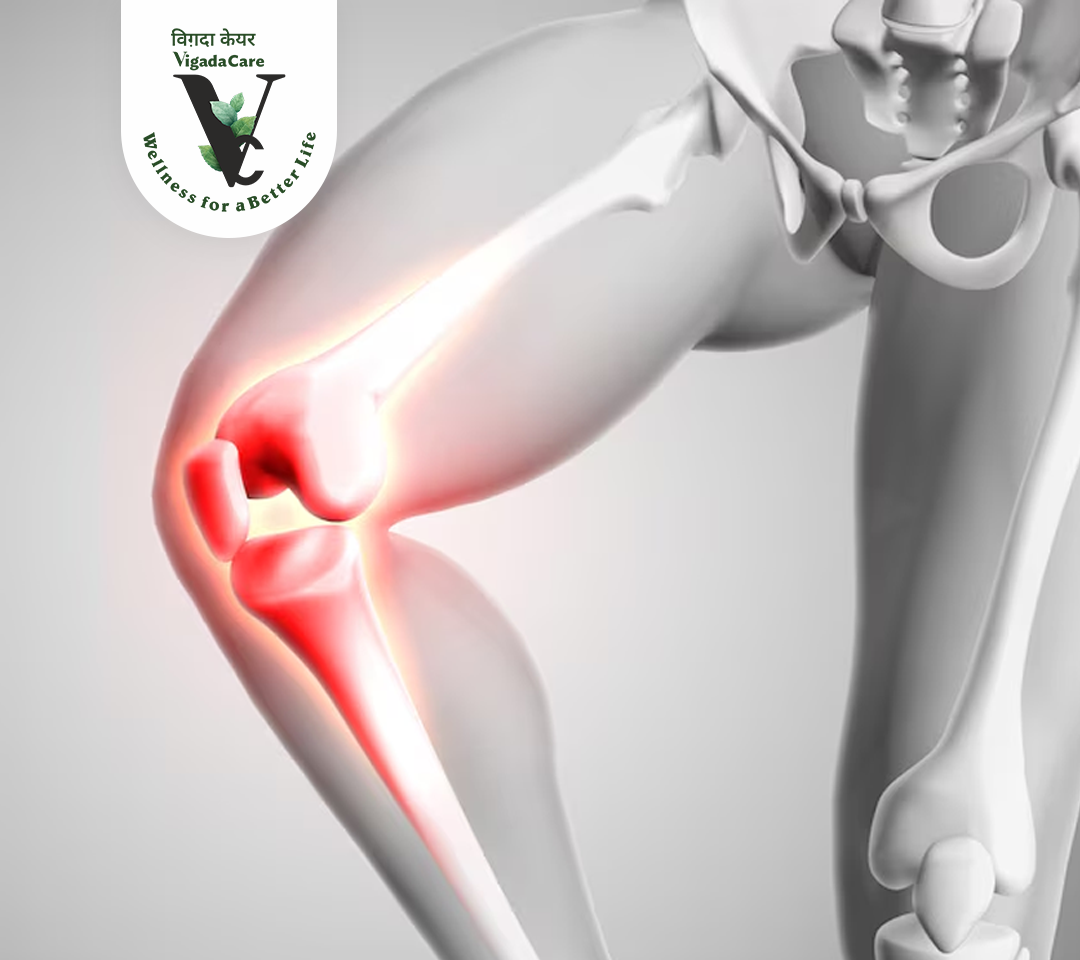
Elderly Knee Pain: An Ayurvedic Approach Using RiDVi Ortho Well Oil and Tablets
Elderly Knee Pain: An Ayurvedic Approach Using RiDVi Ortho W... Read More
4 Natural Solutions for Women's Hormonal Imbalances
4 Natural Solutions for Women's Hormonal Imbalances Mood sw... Read More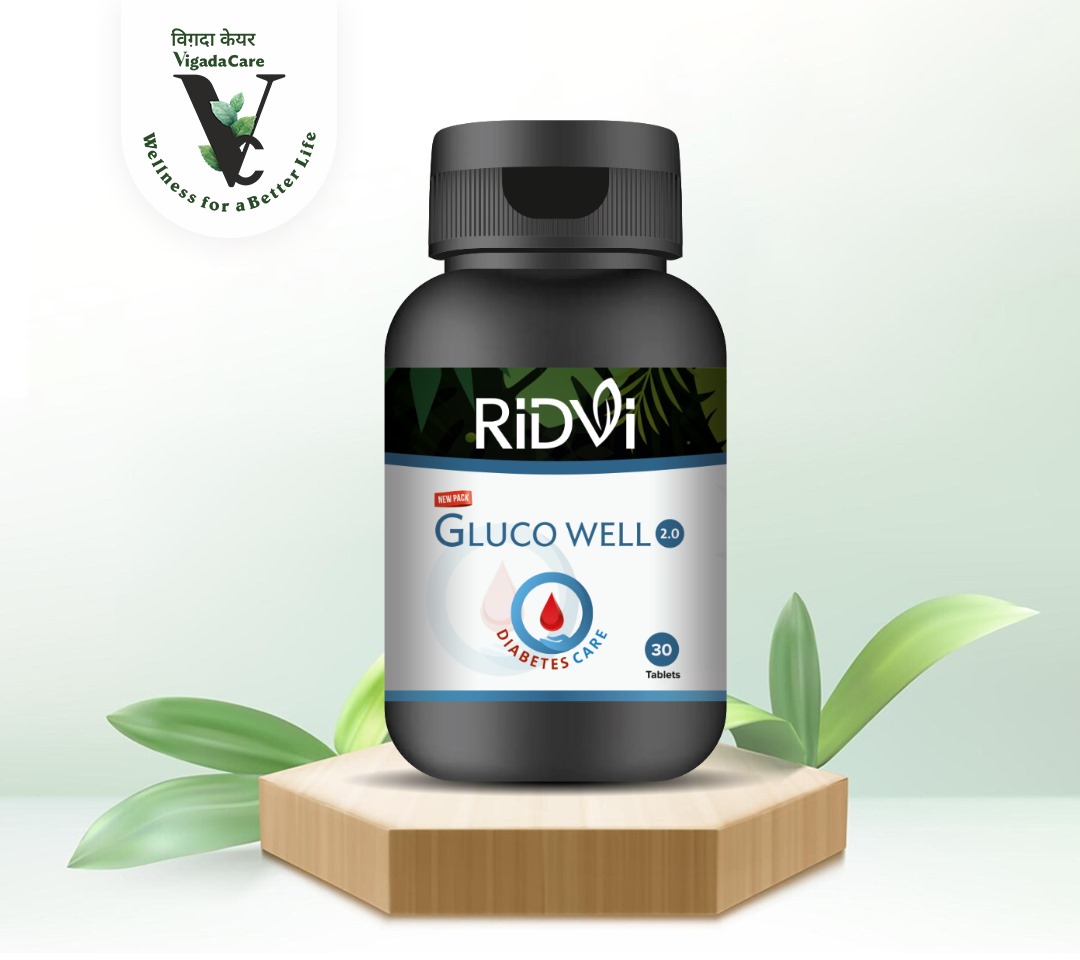
Harness the Power of Ayurveda with RiDVi Gluco Well: Your Natural Solution for Diabetes Control
Harness the Power of Ayurveda with RiDVi Gluco Well: Your Na... Read More